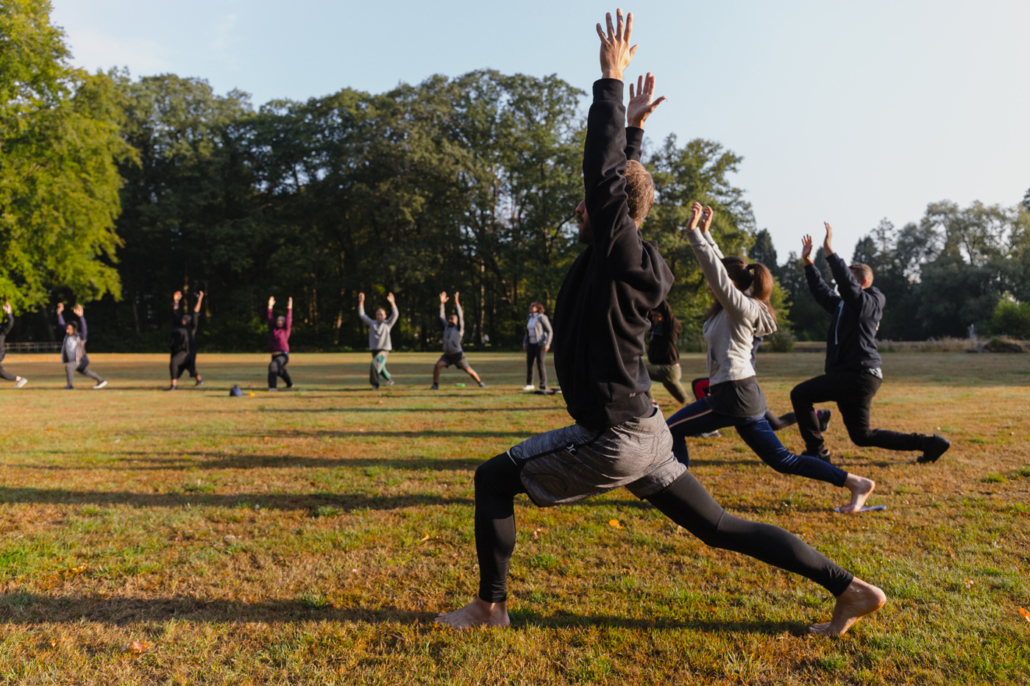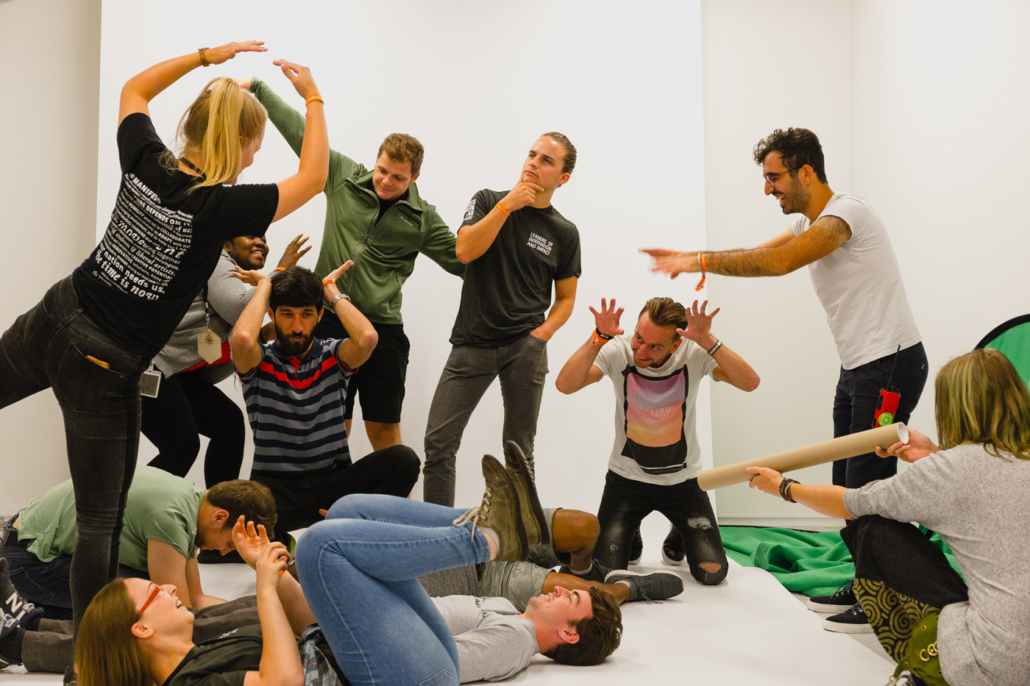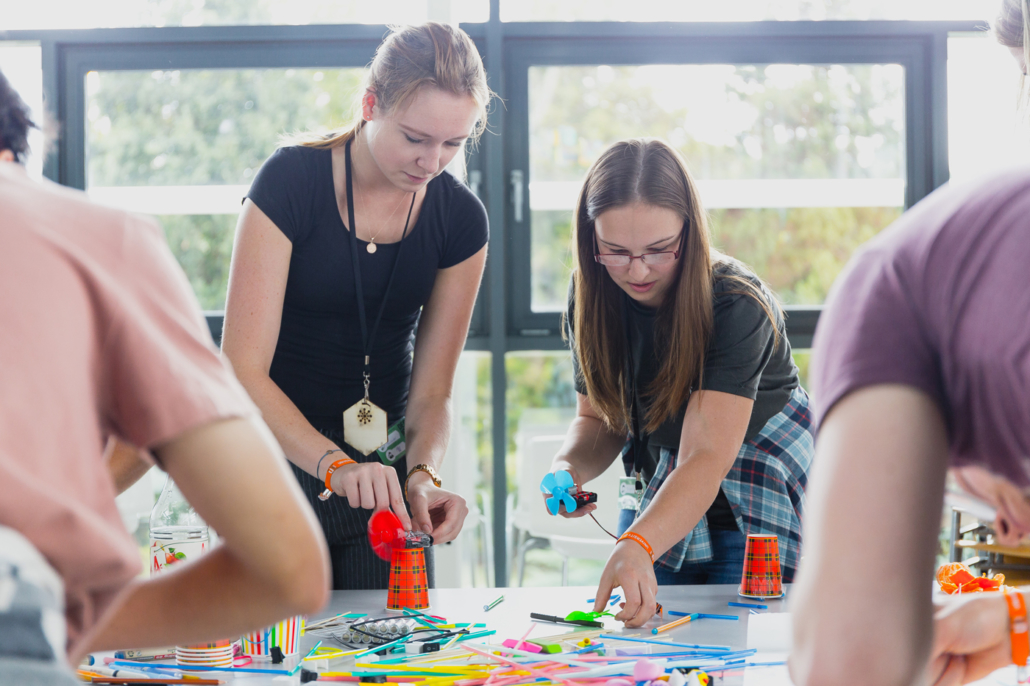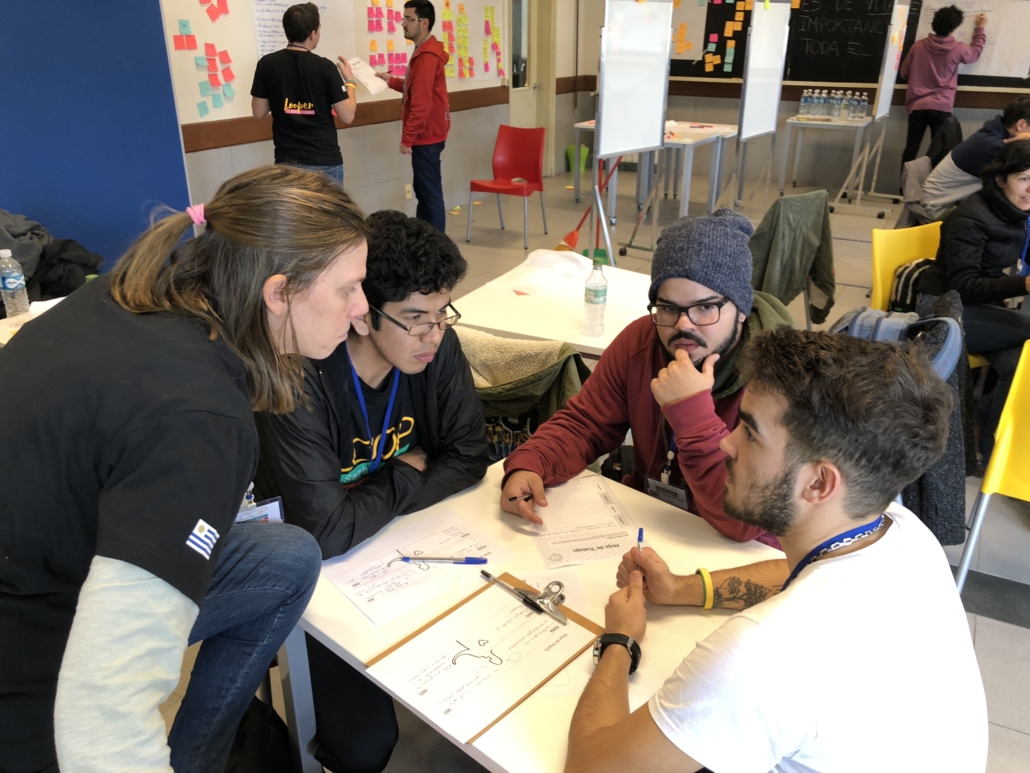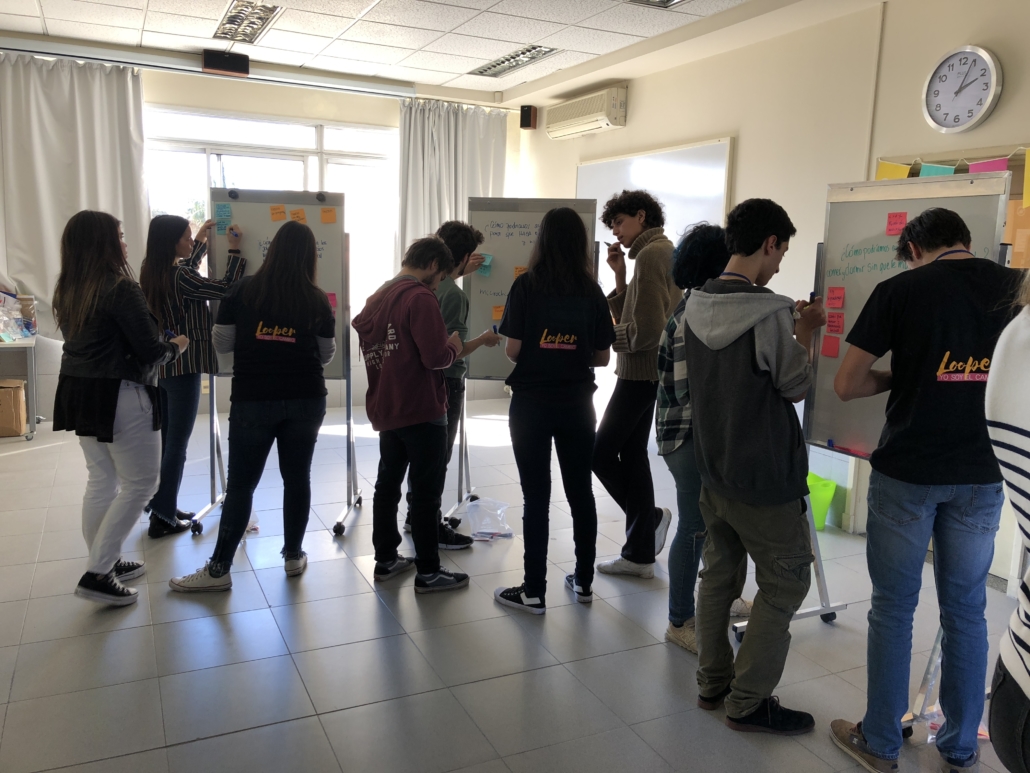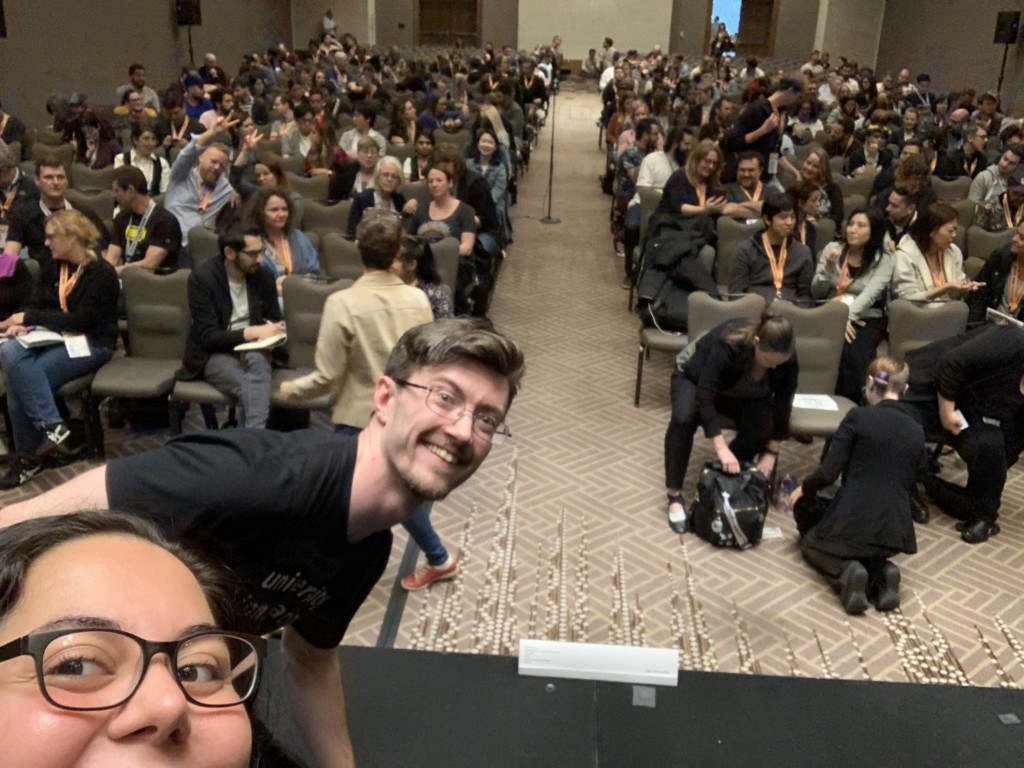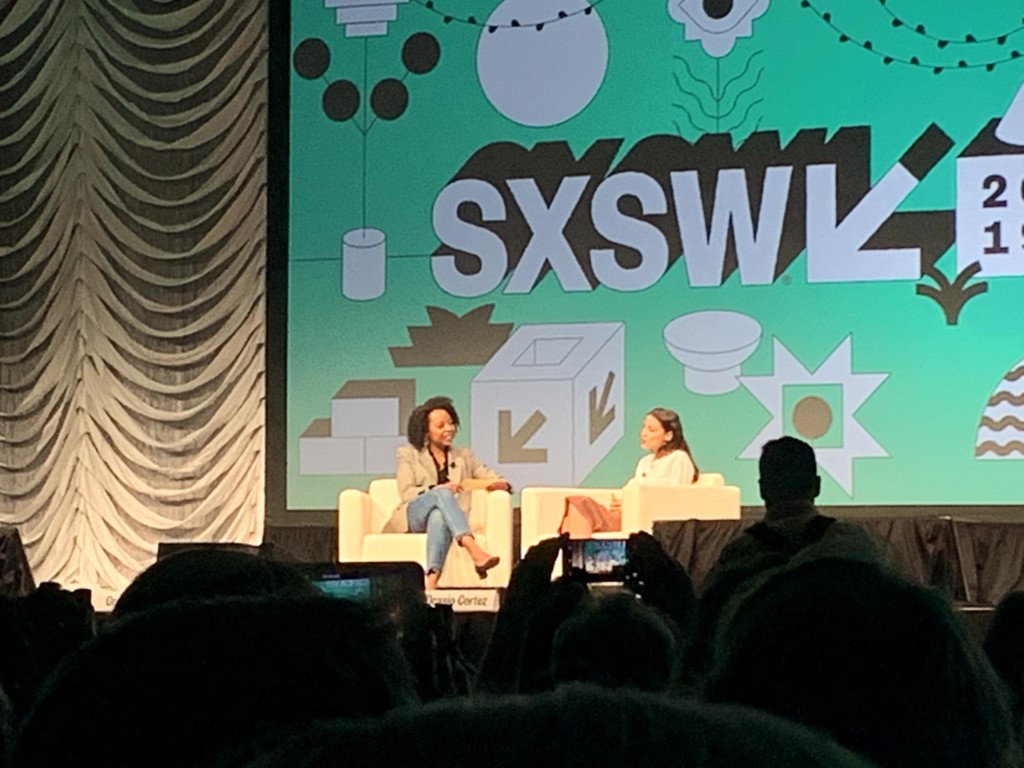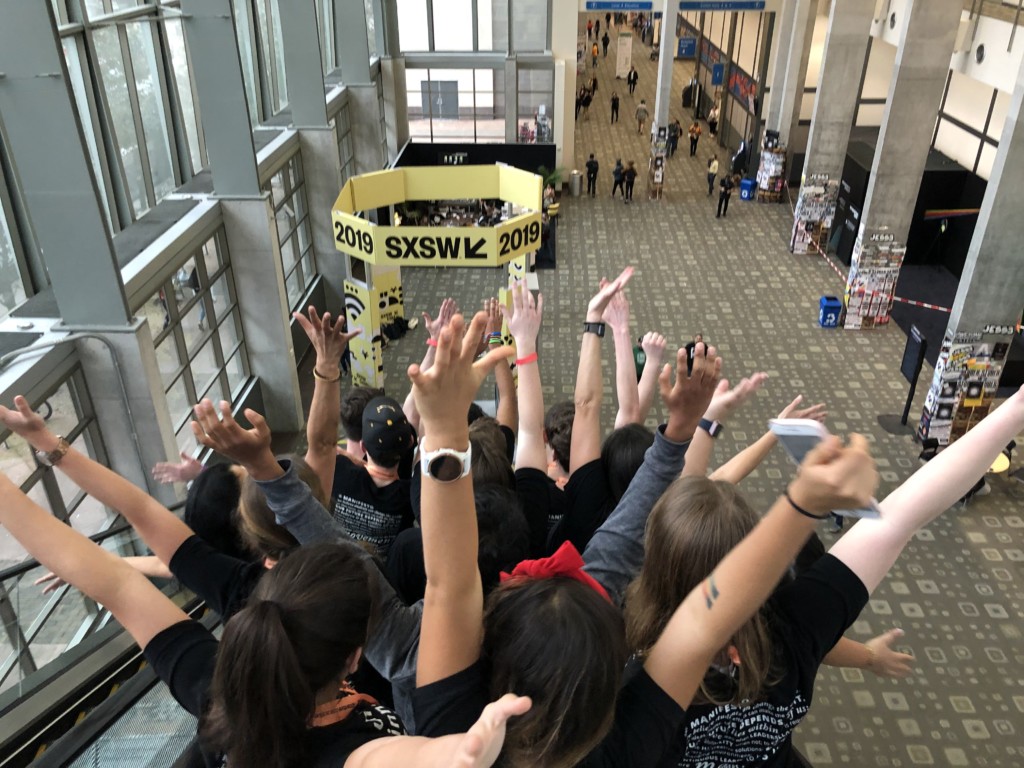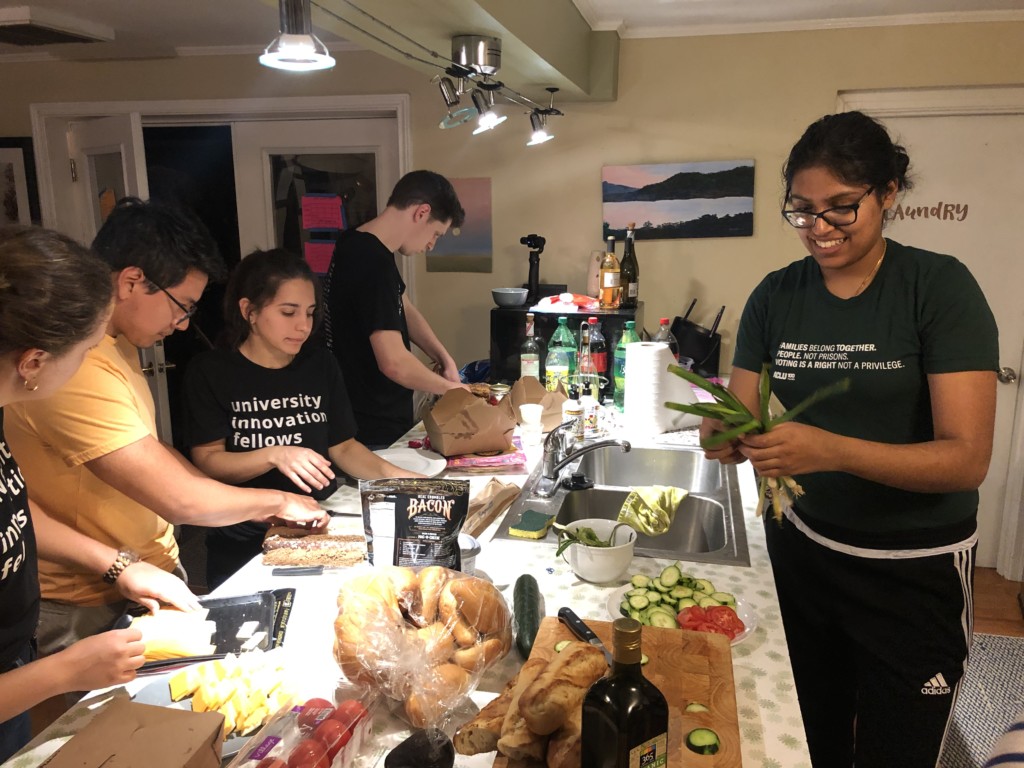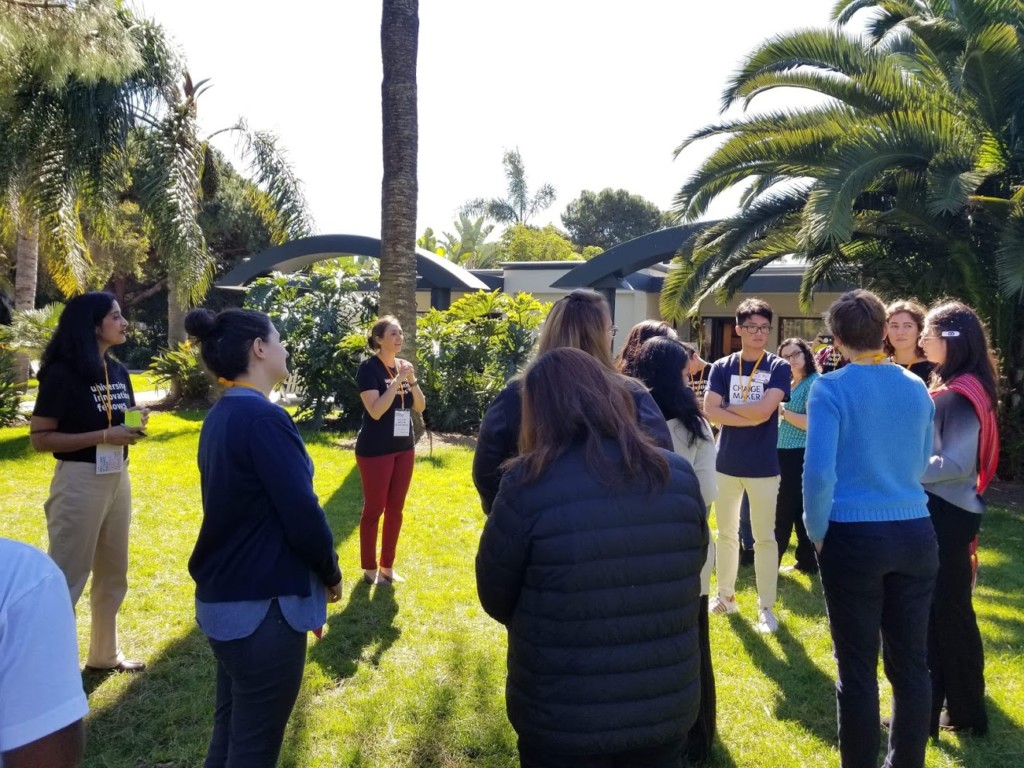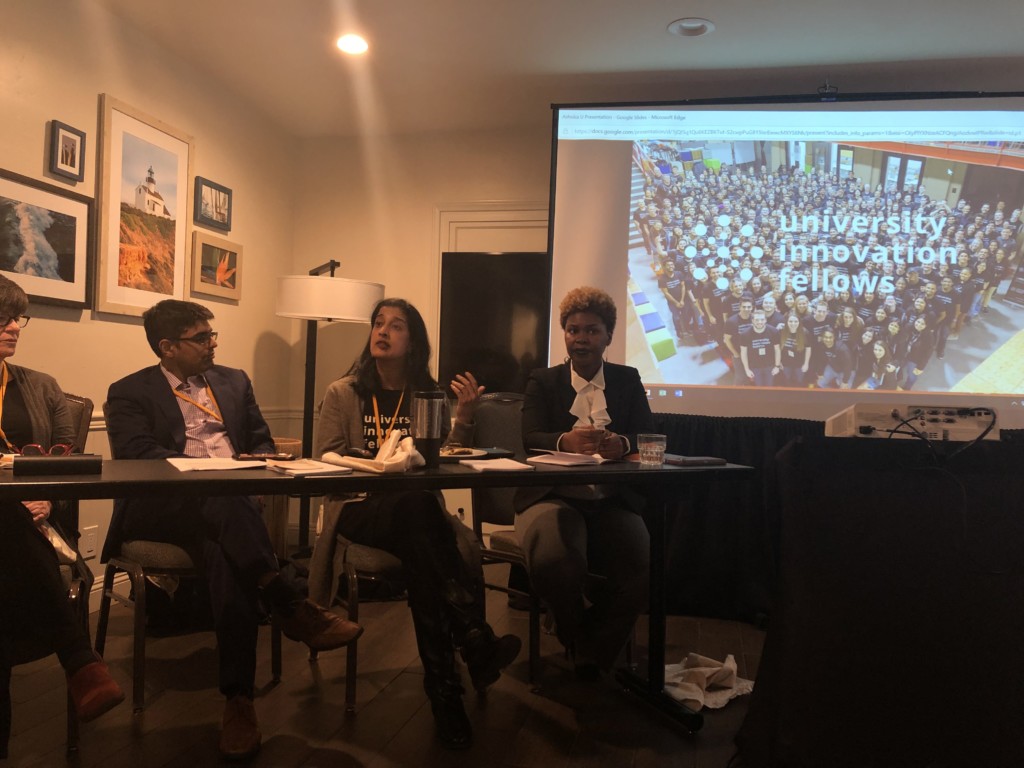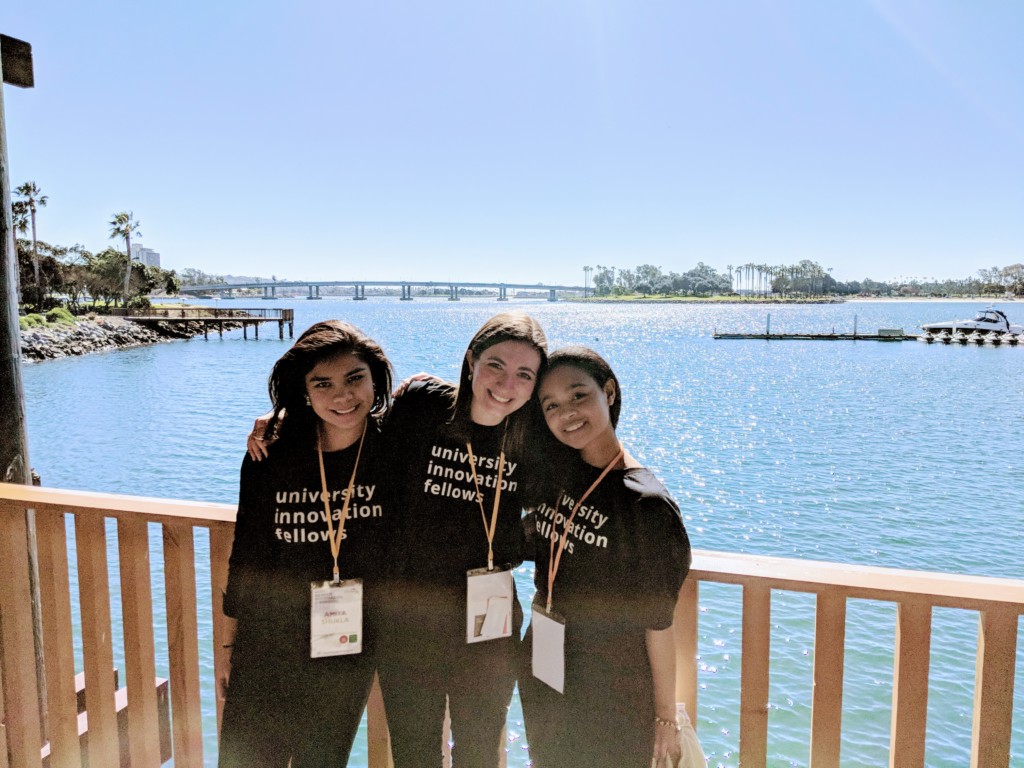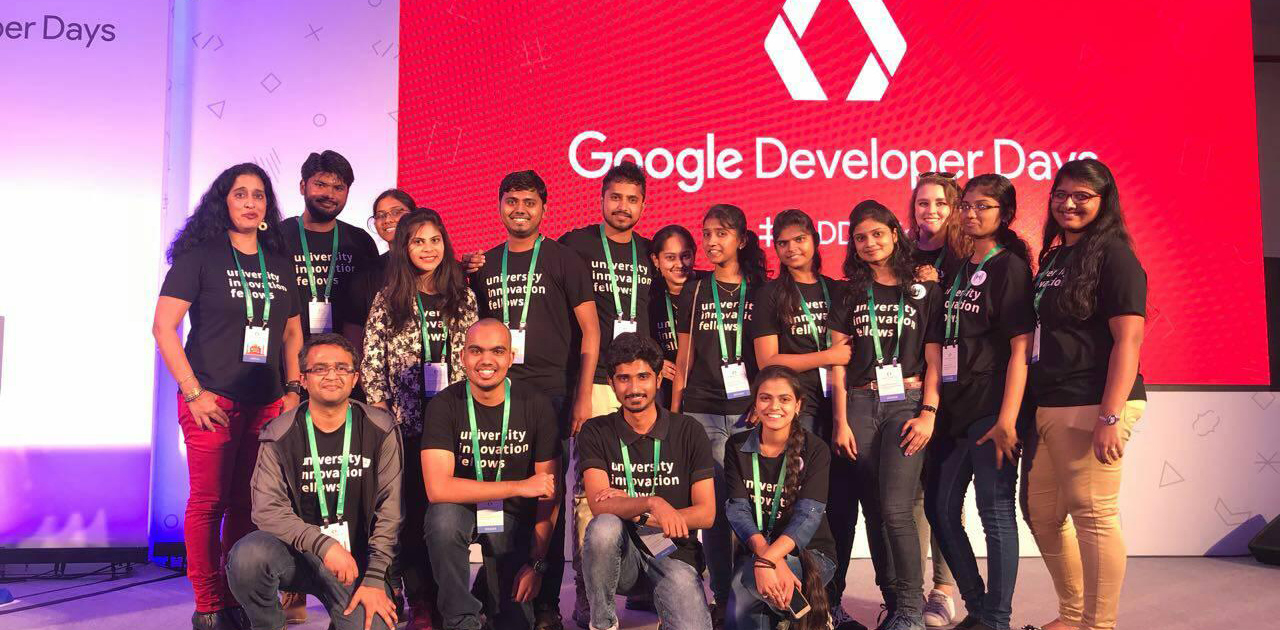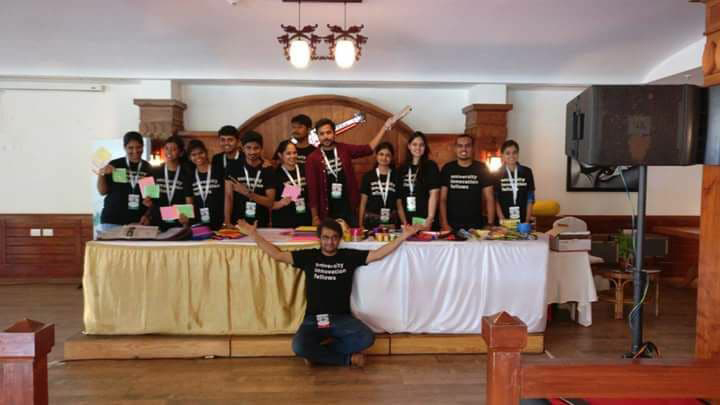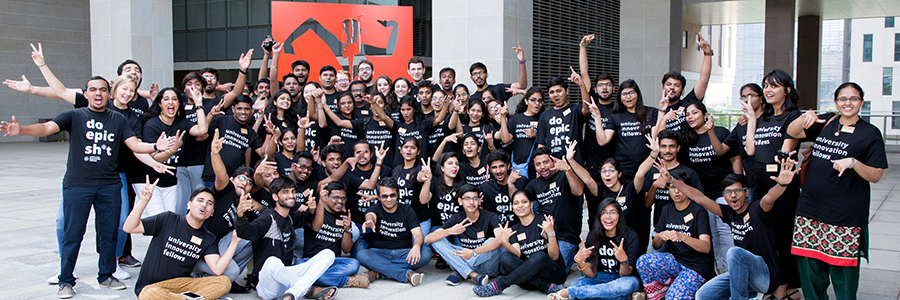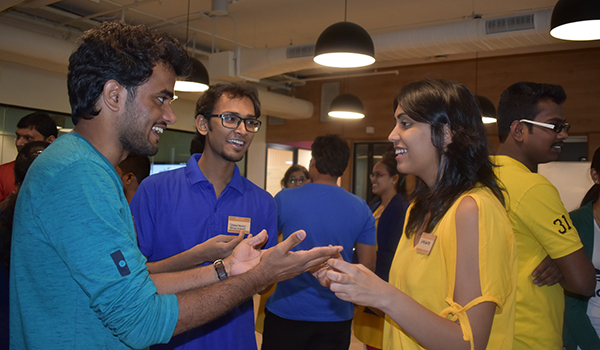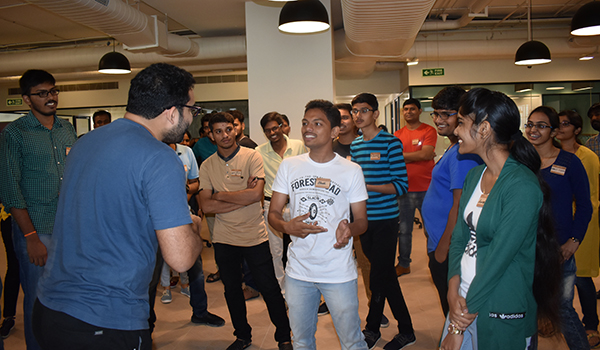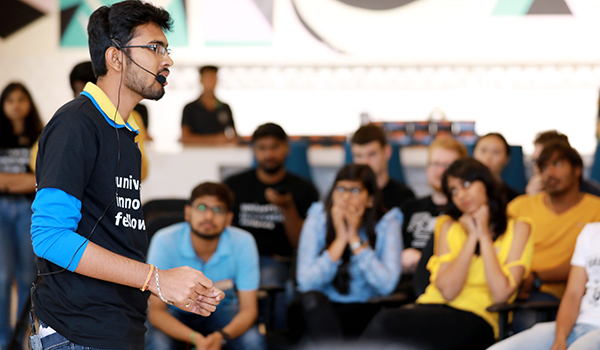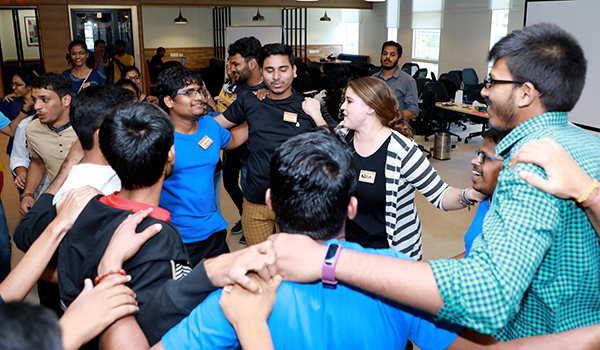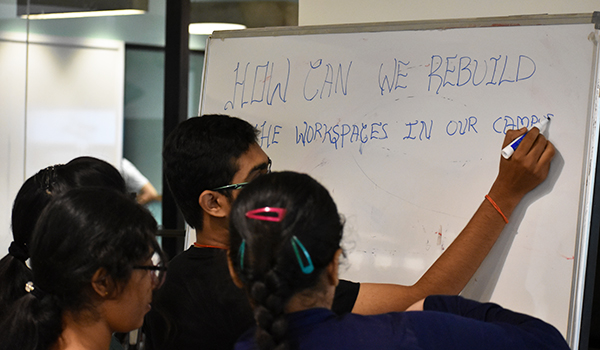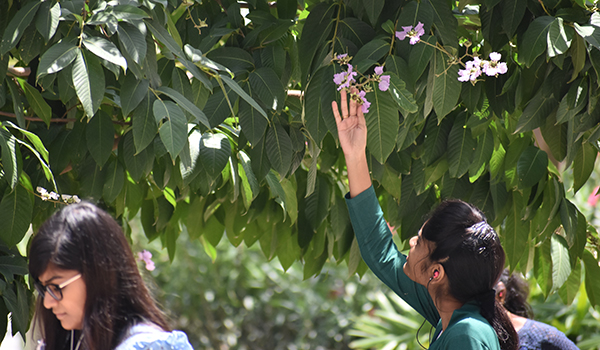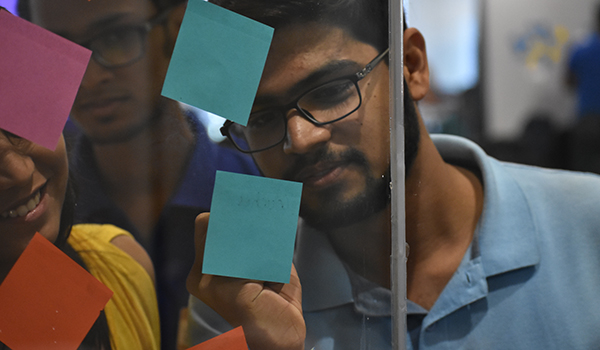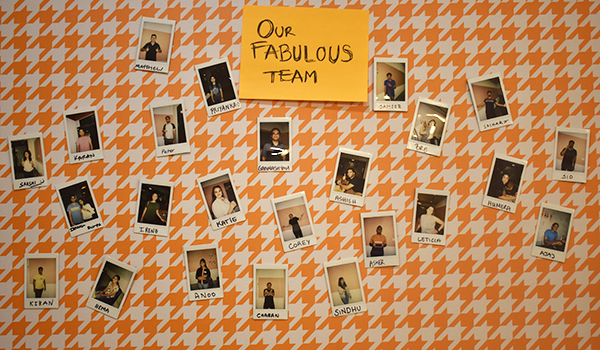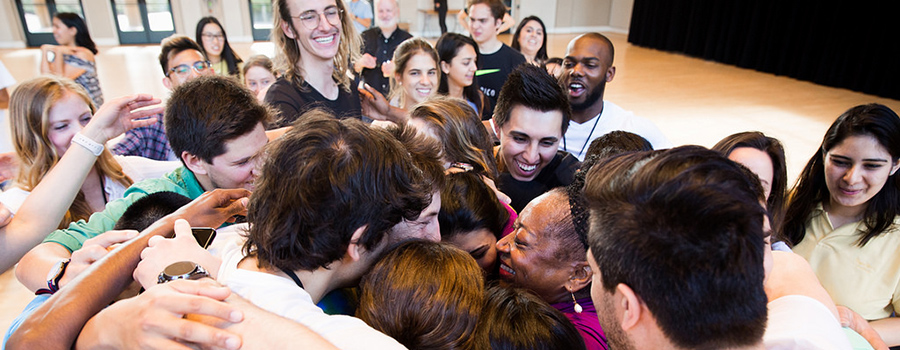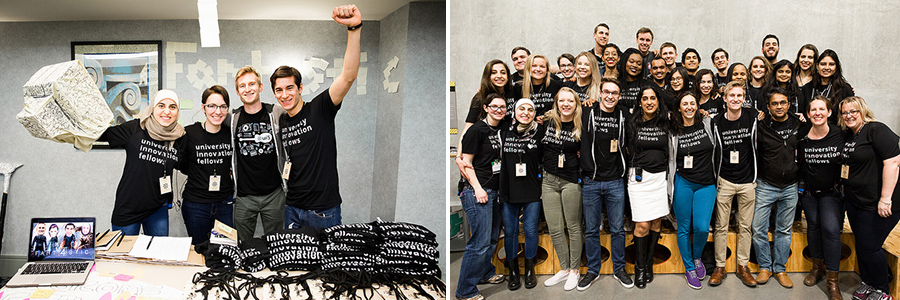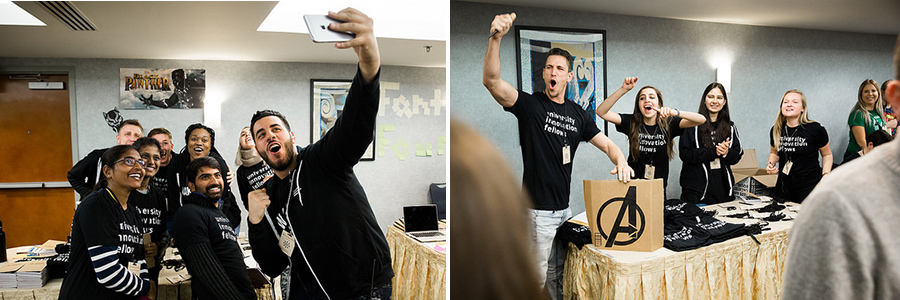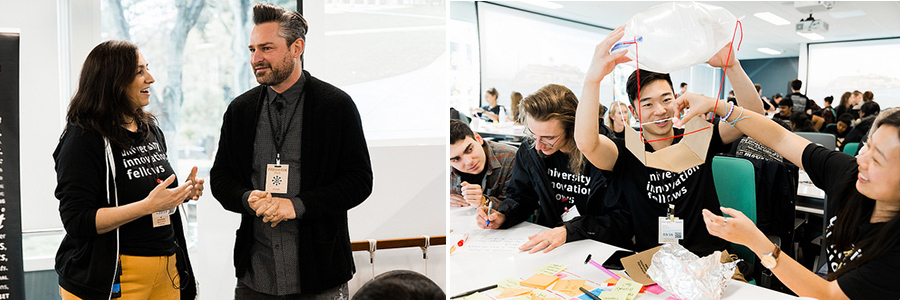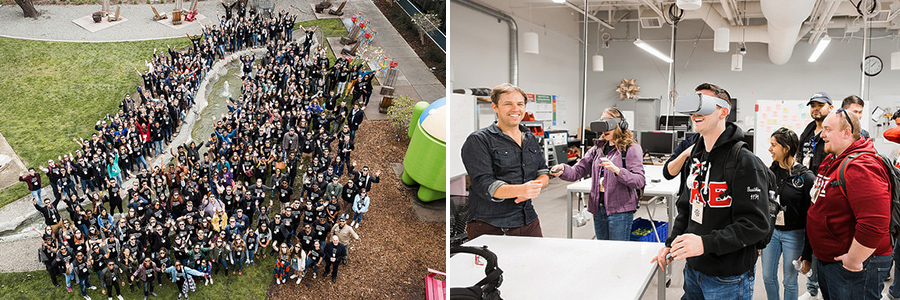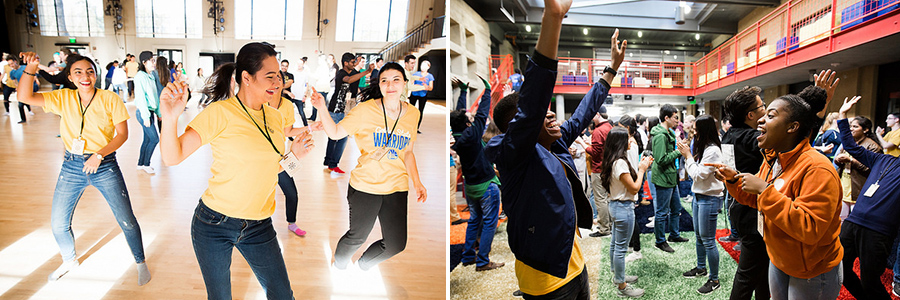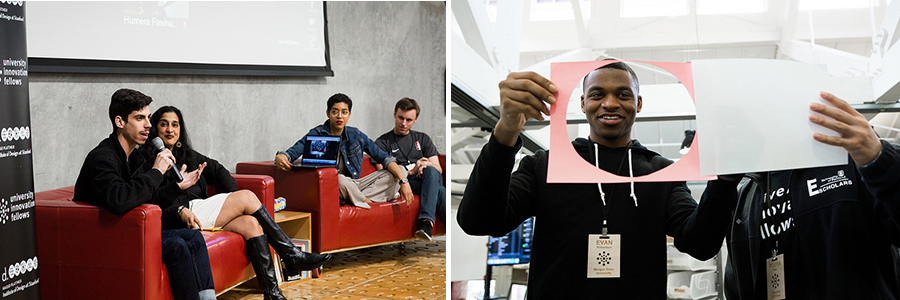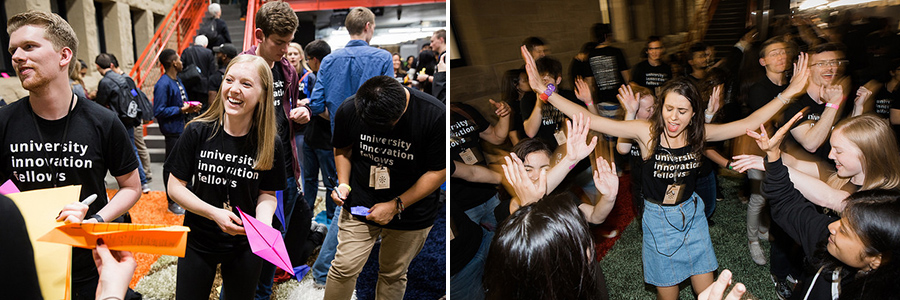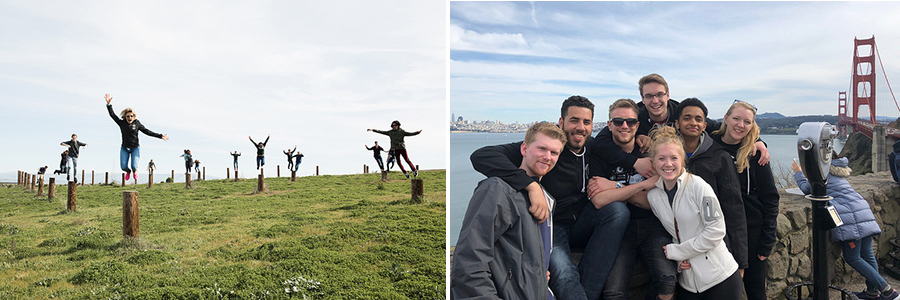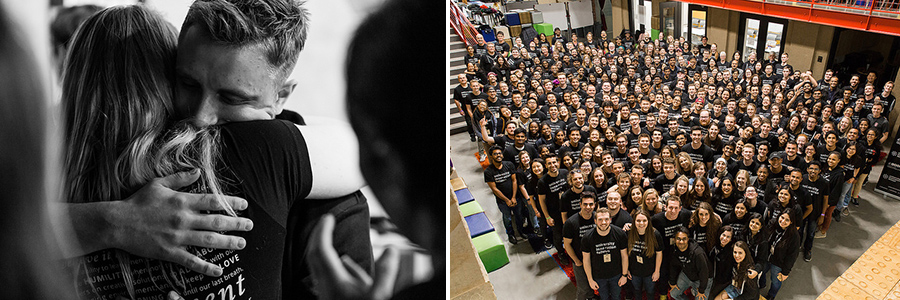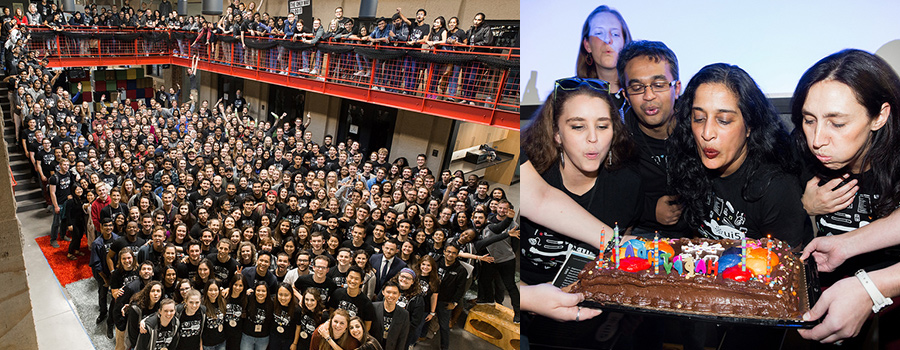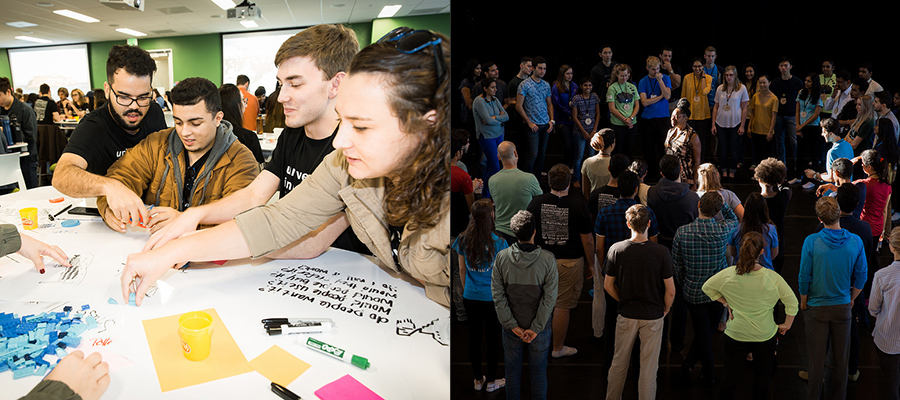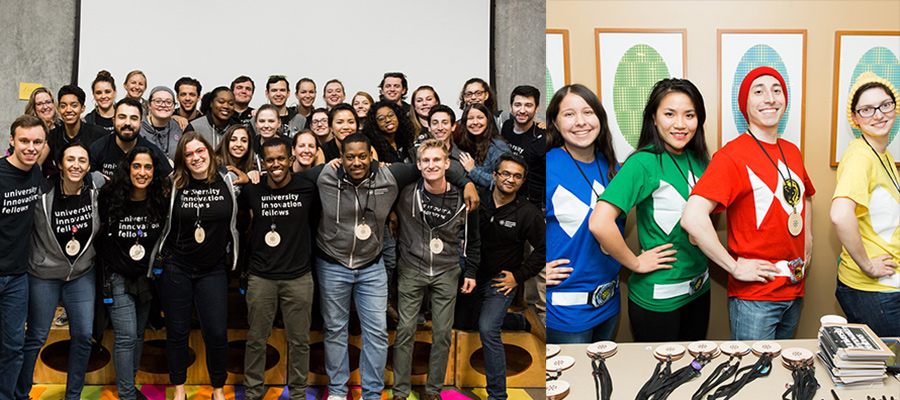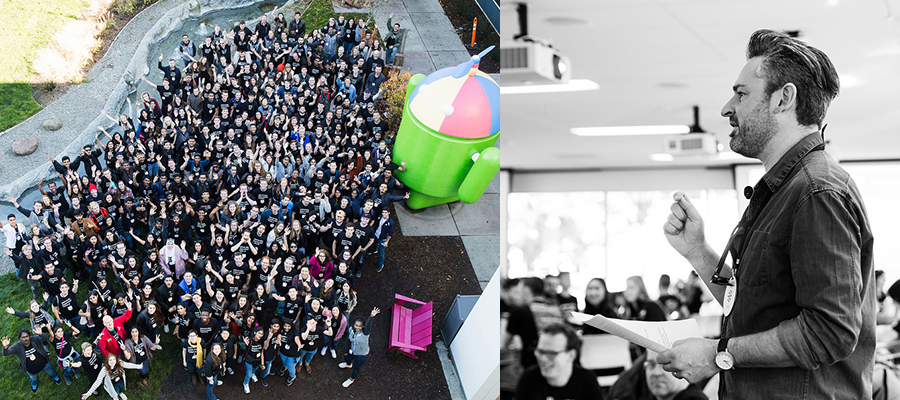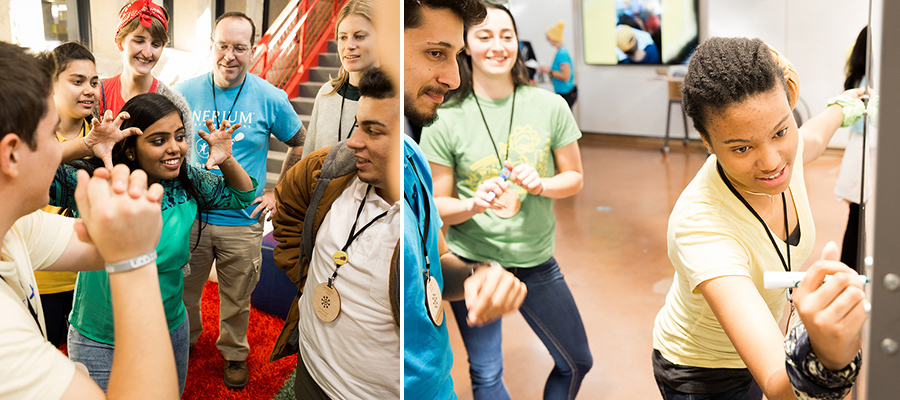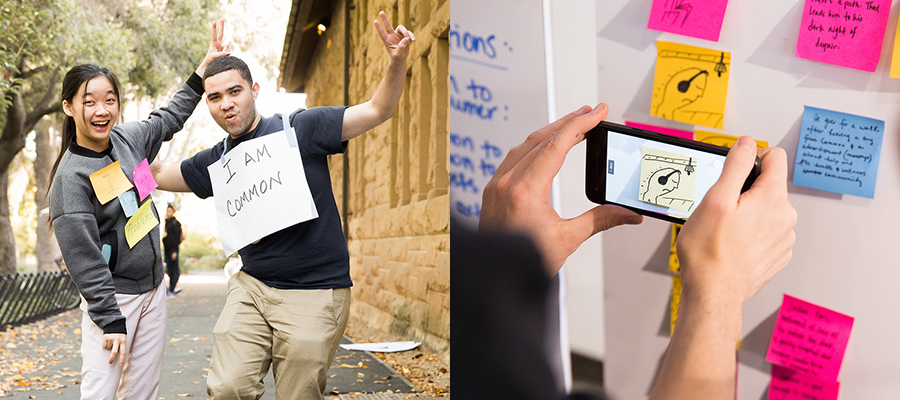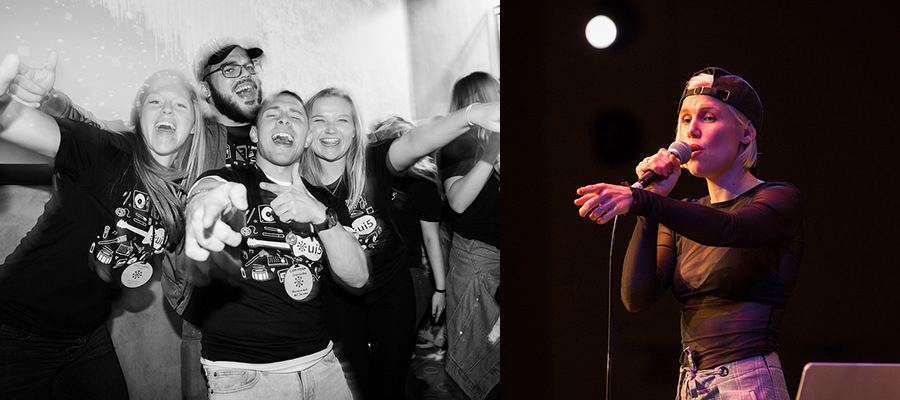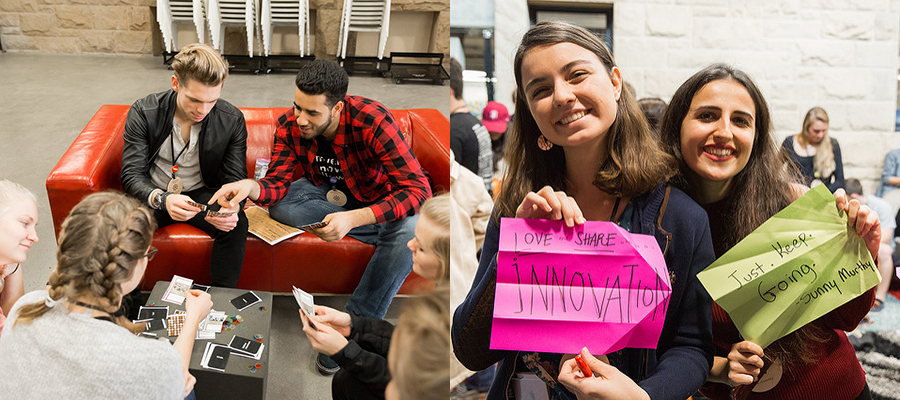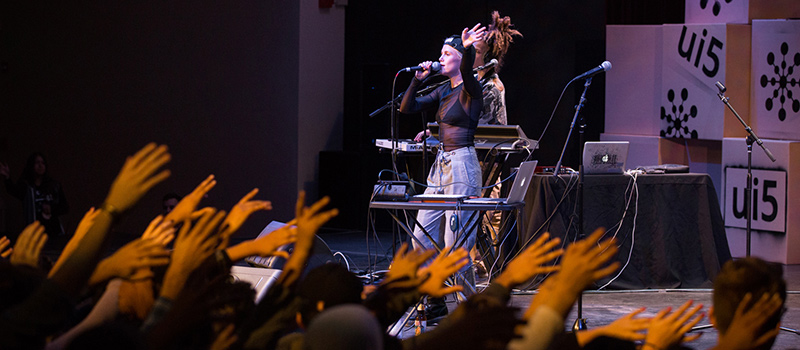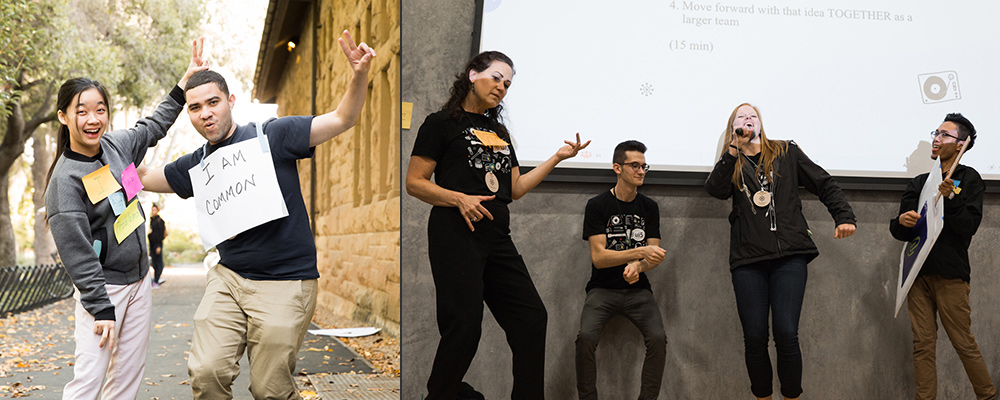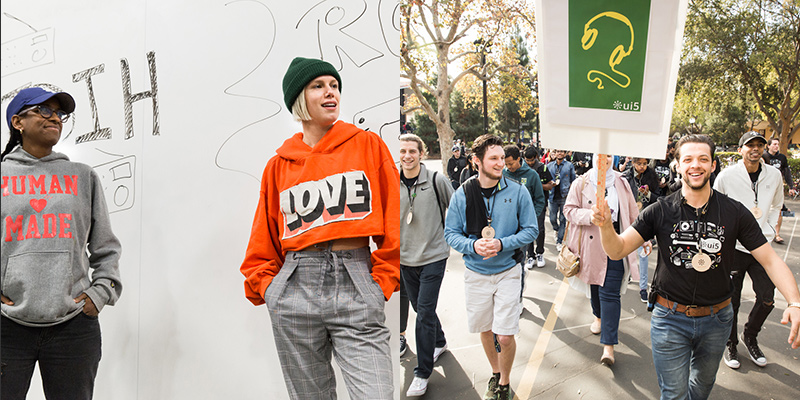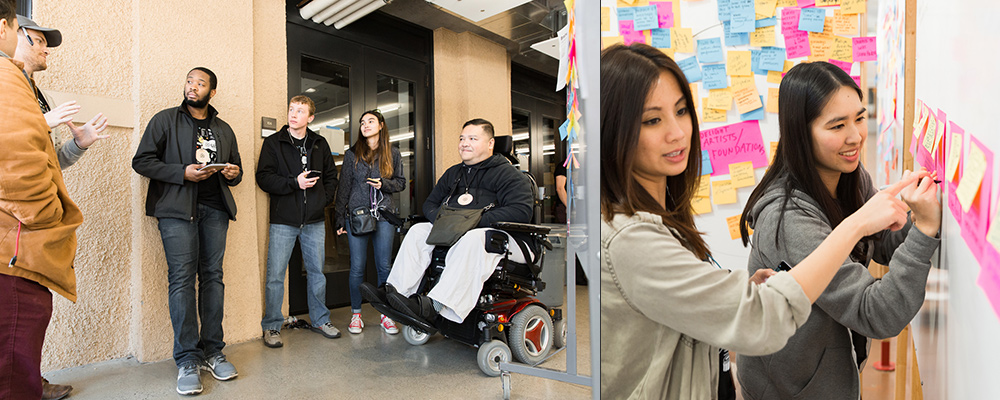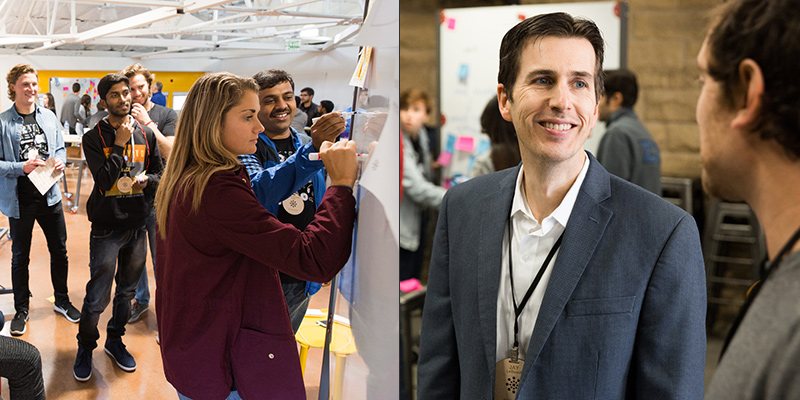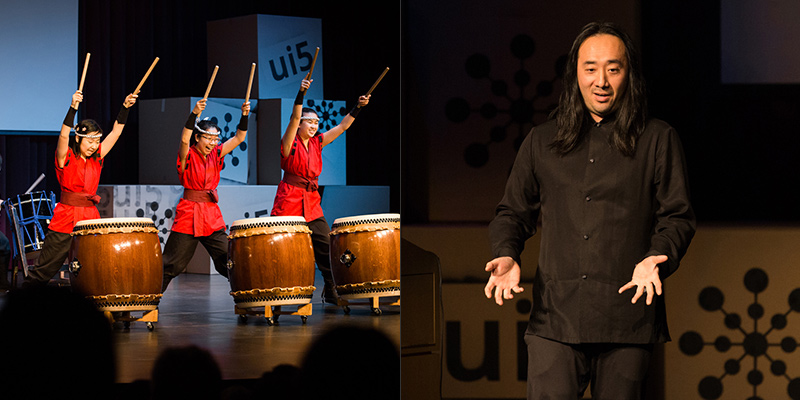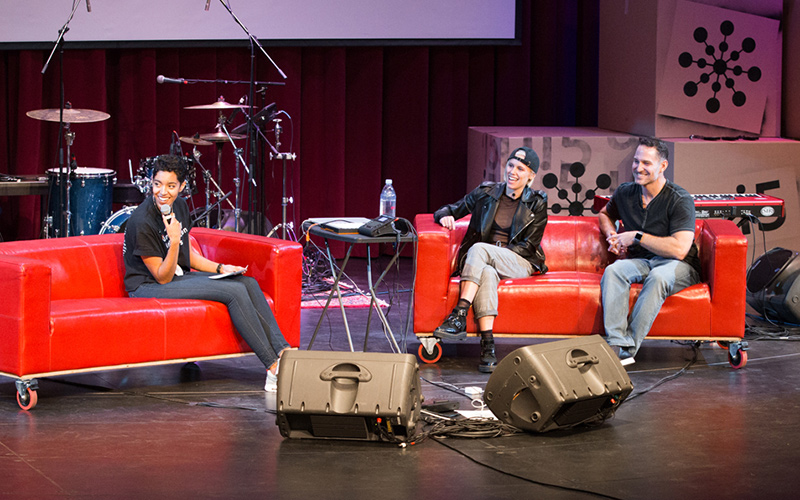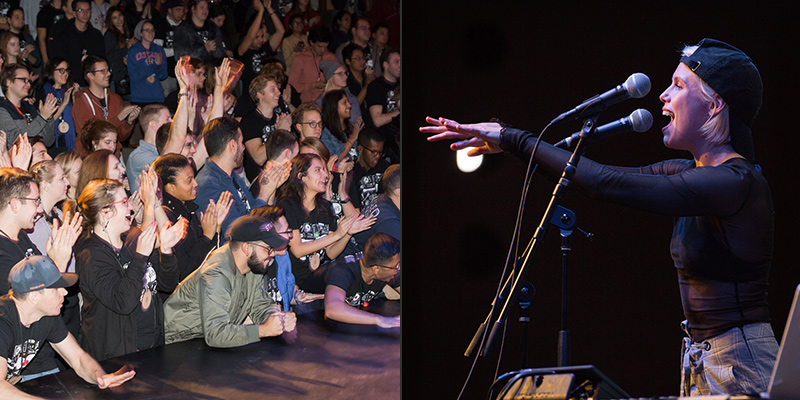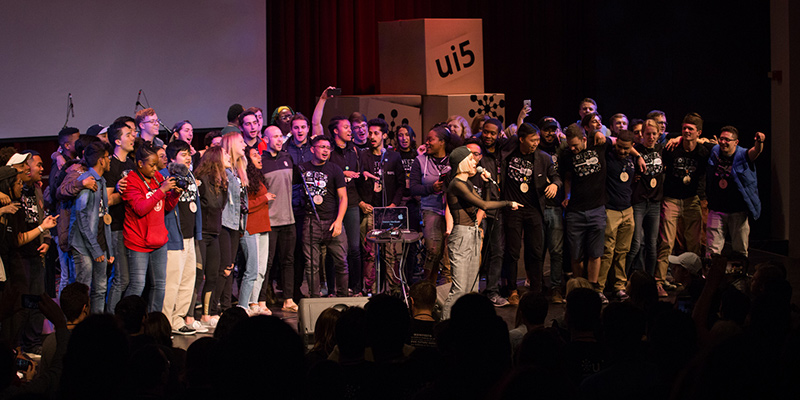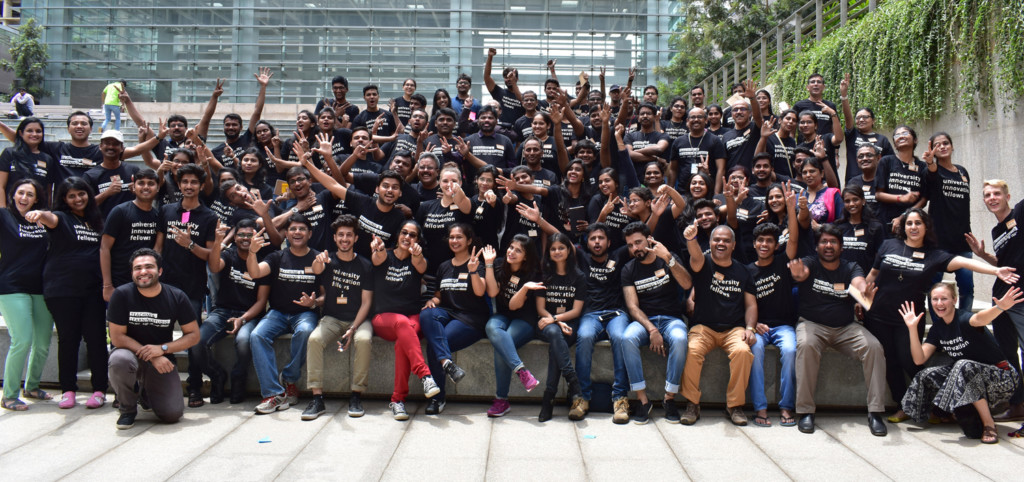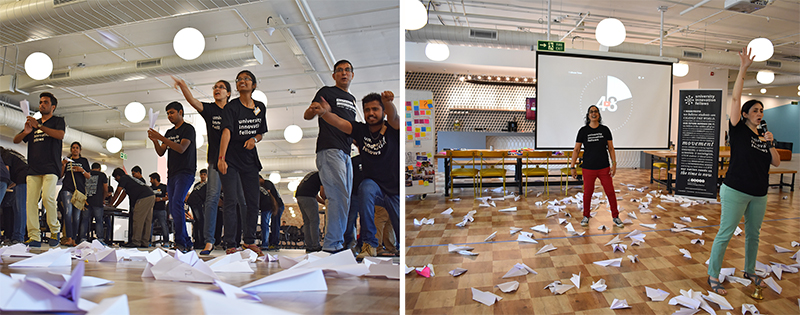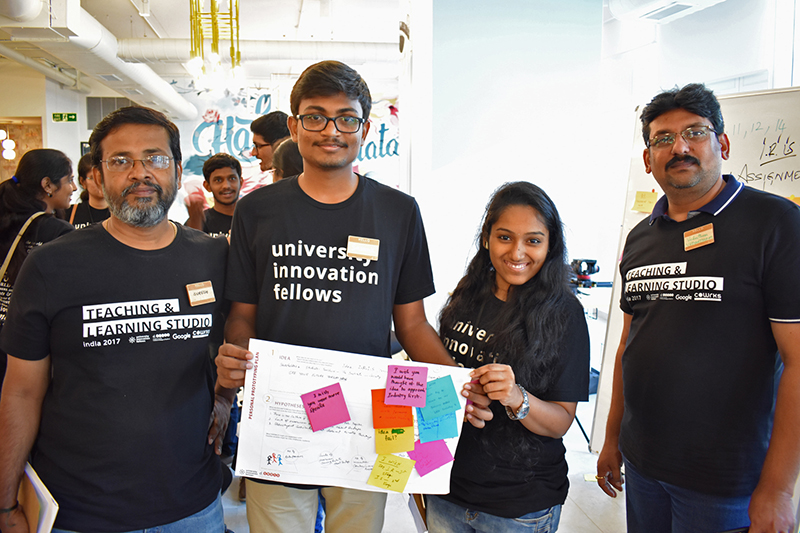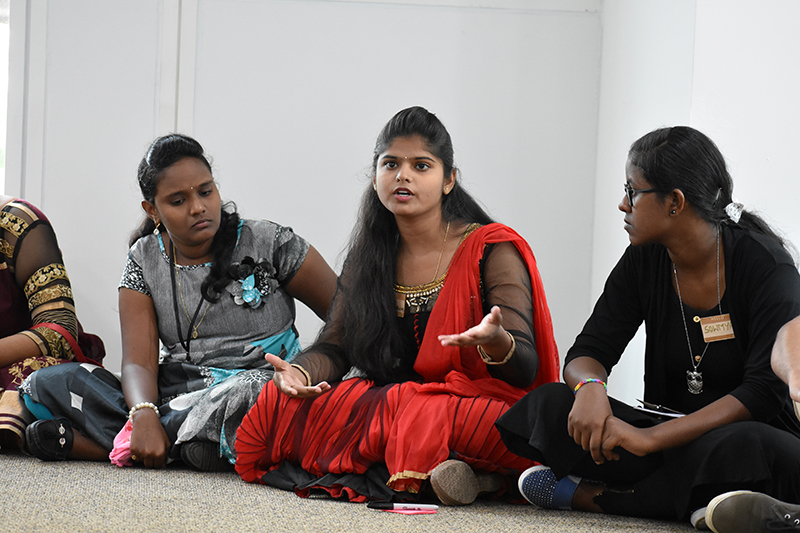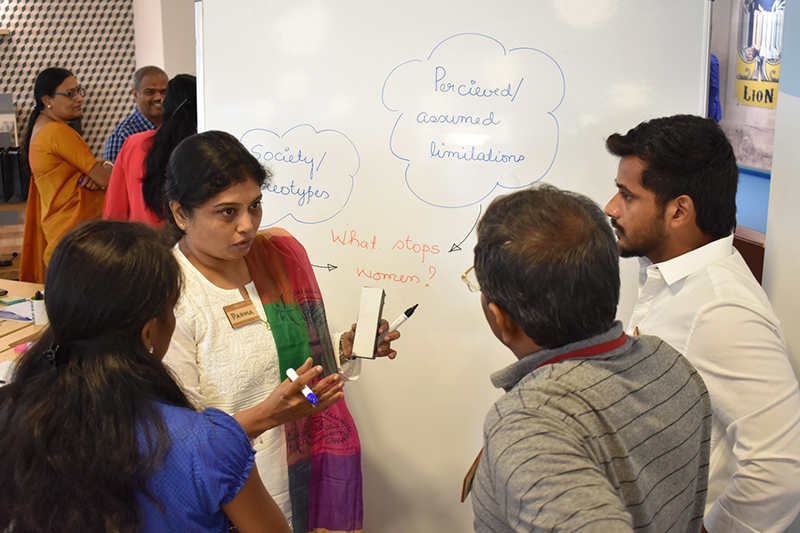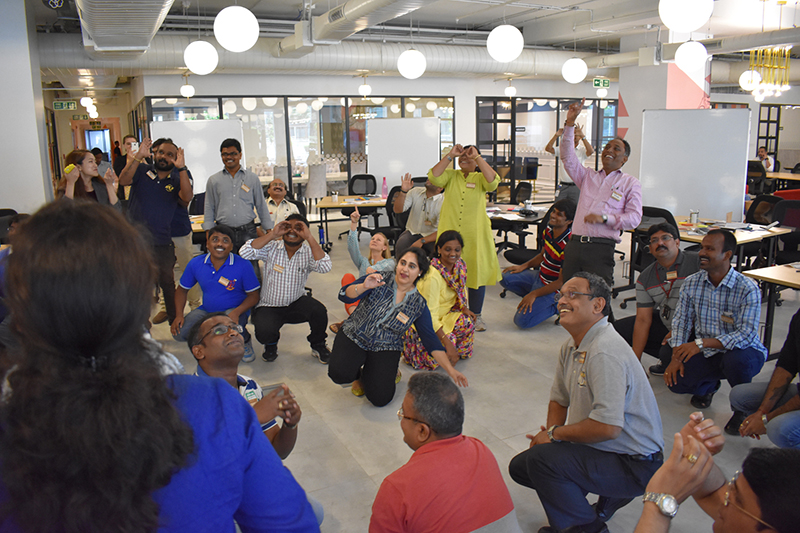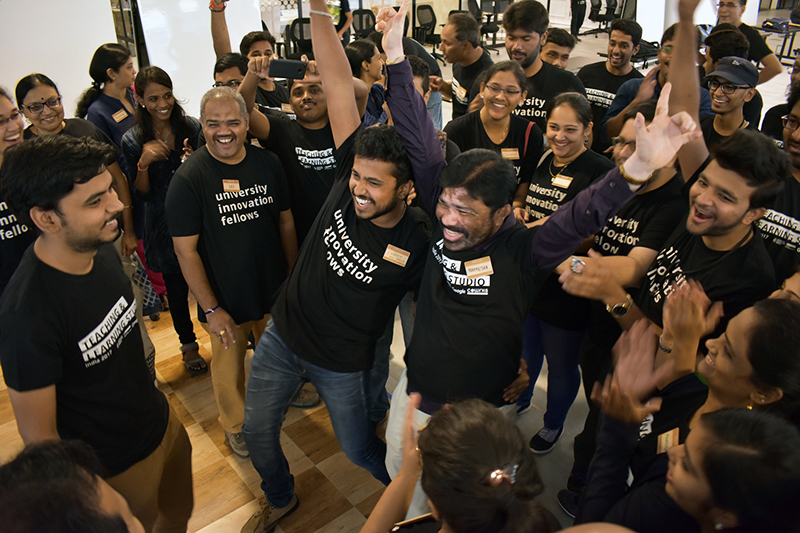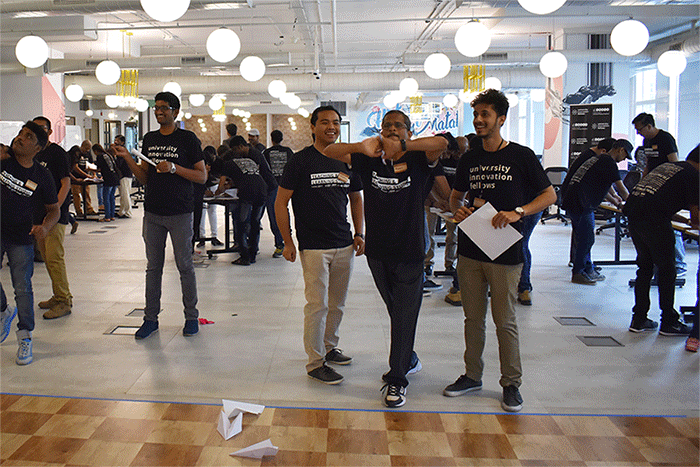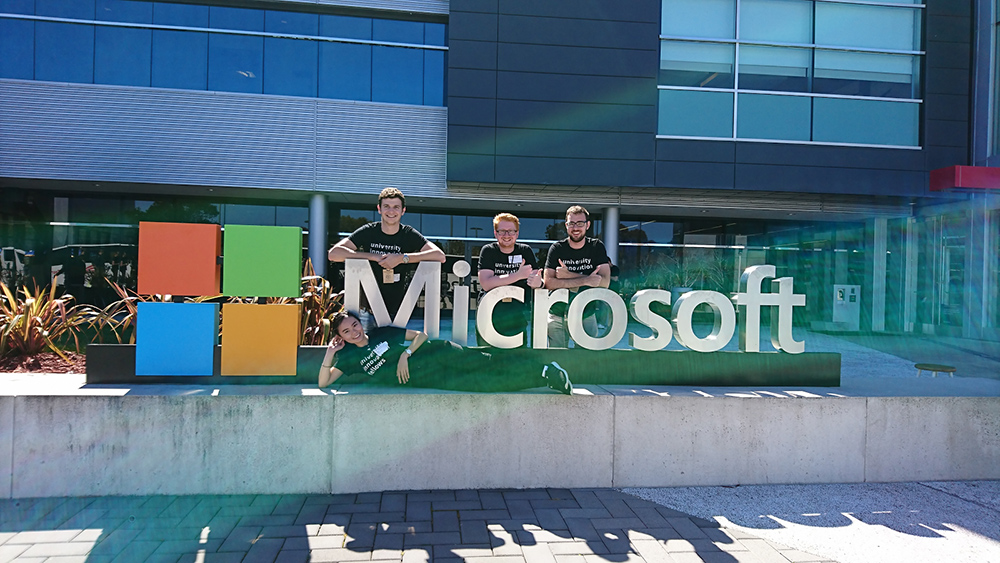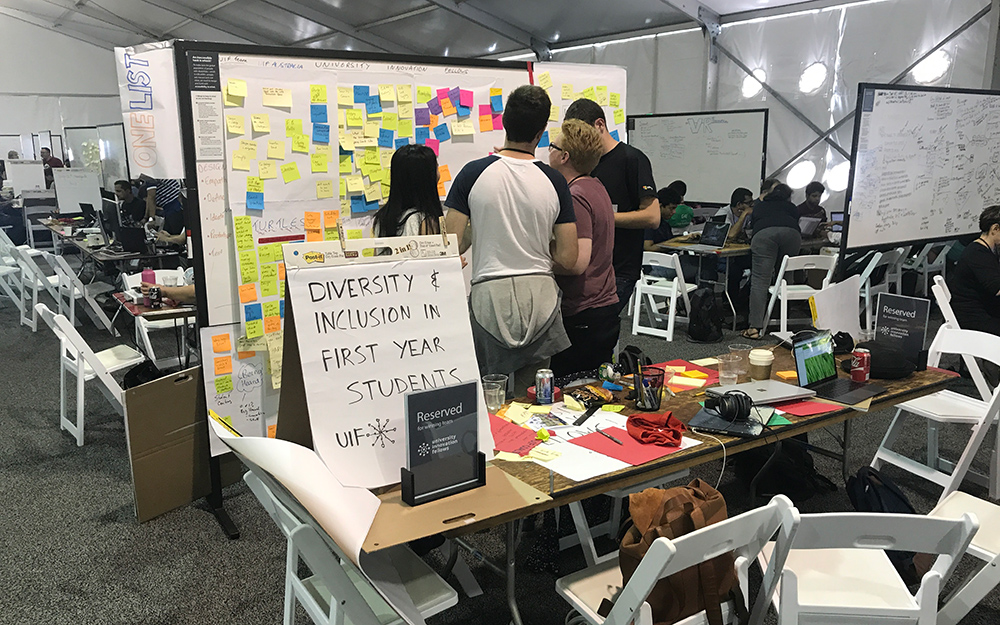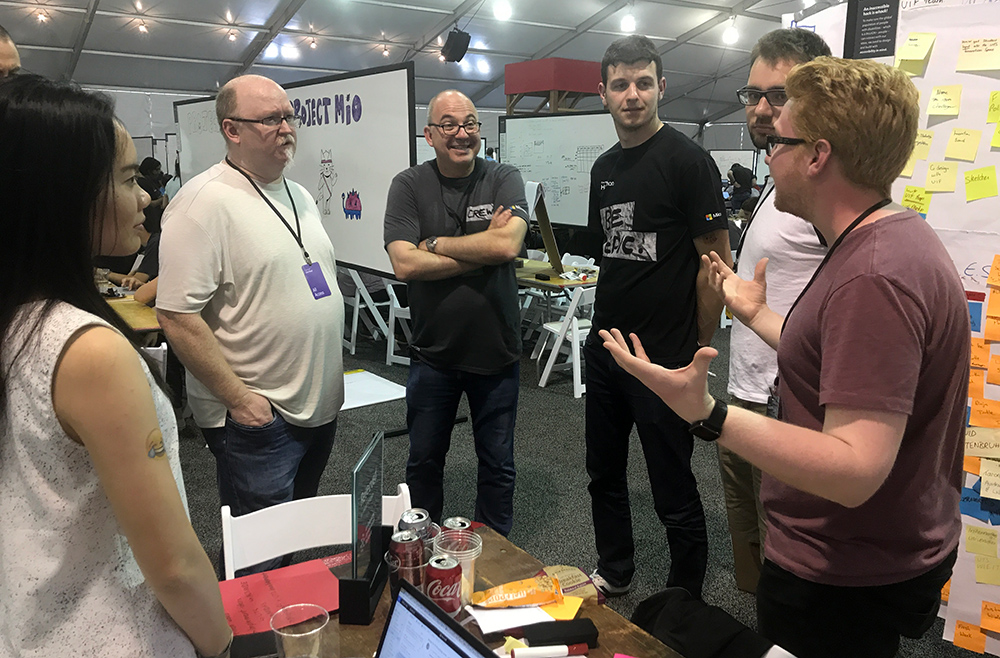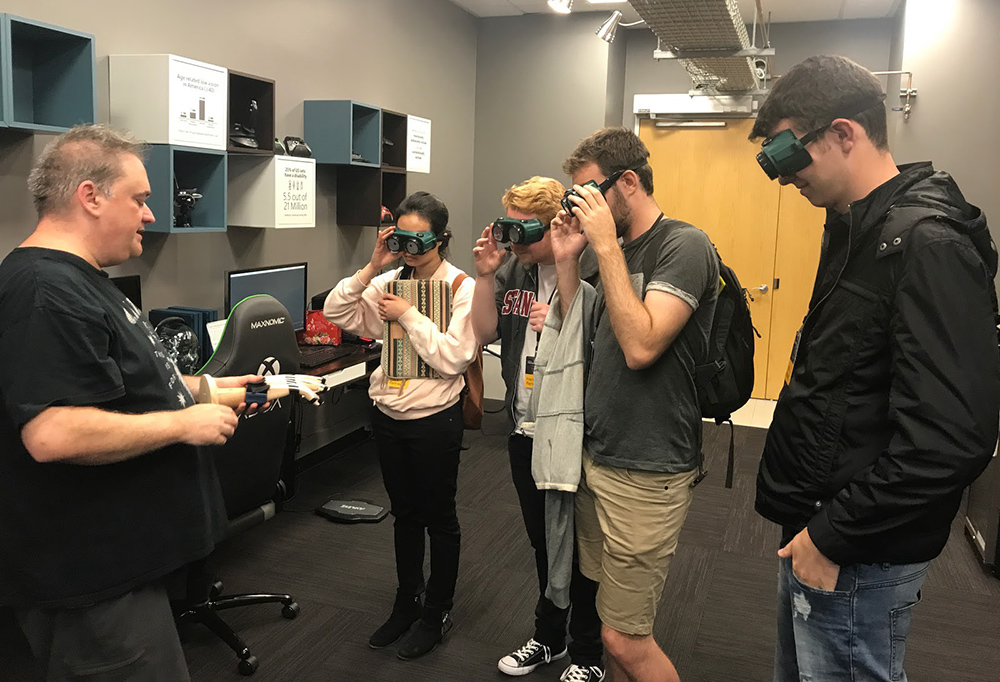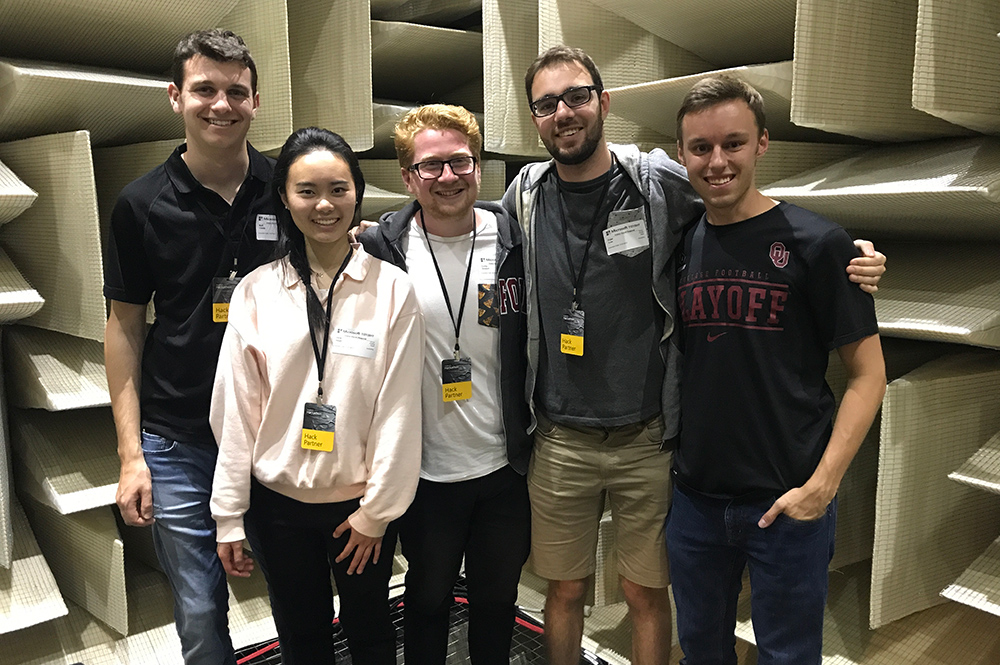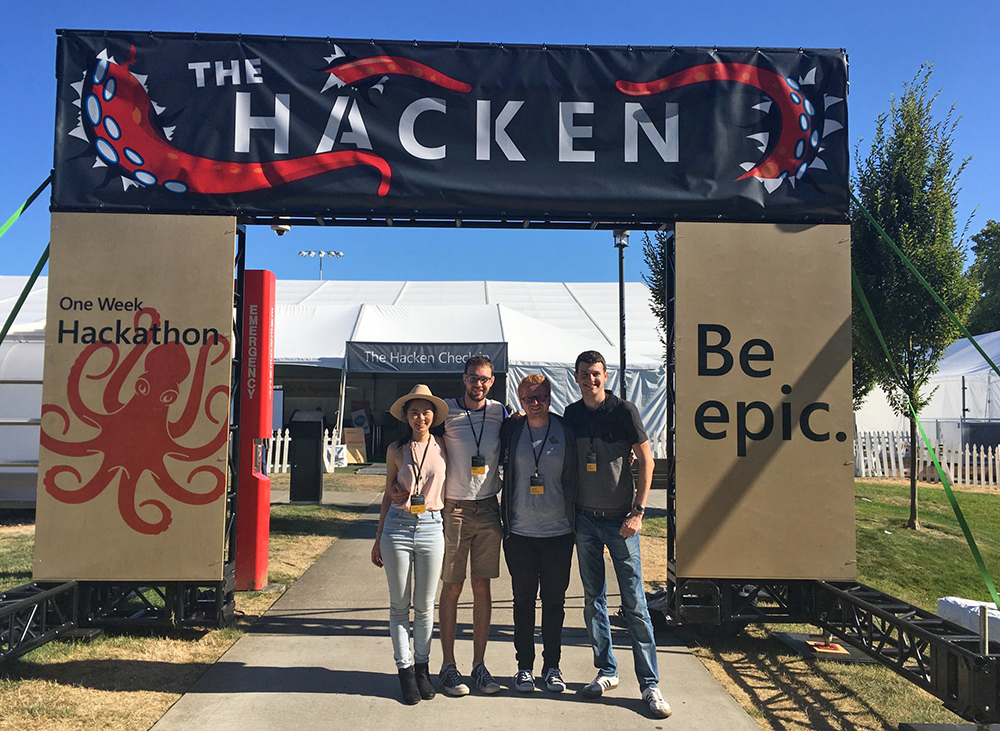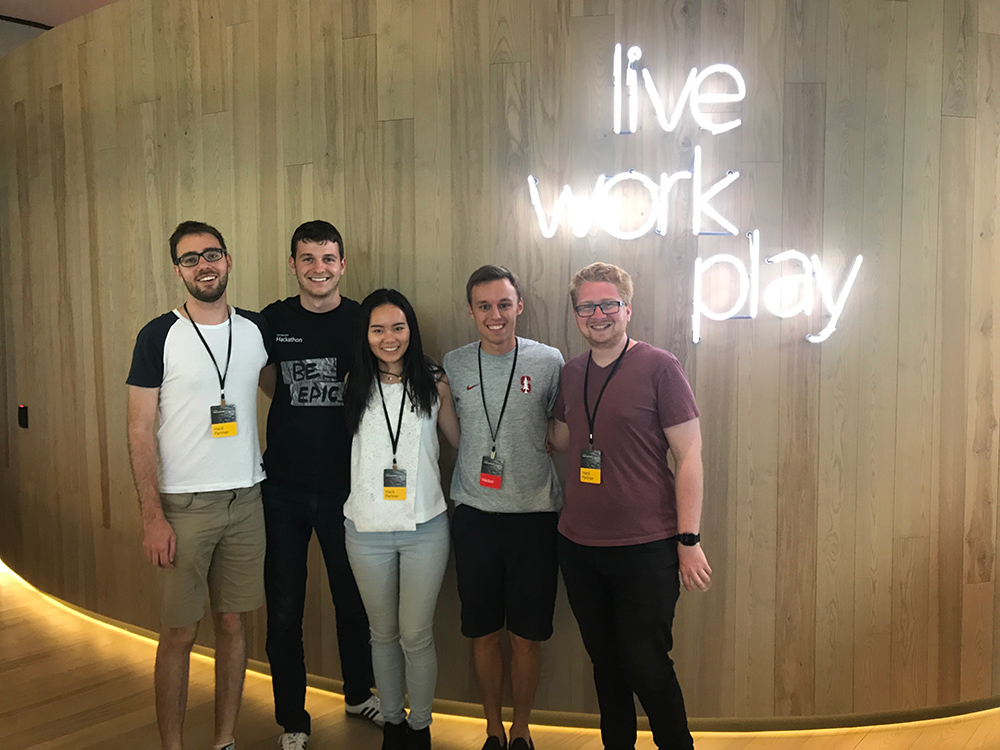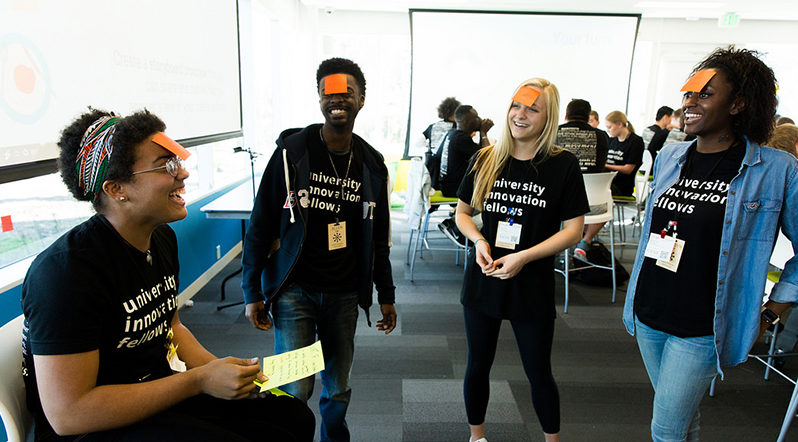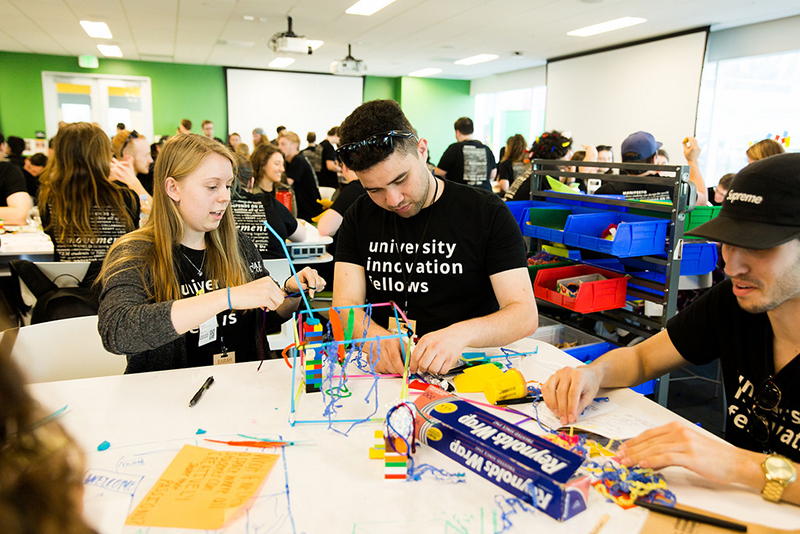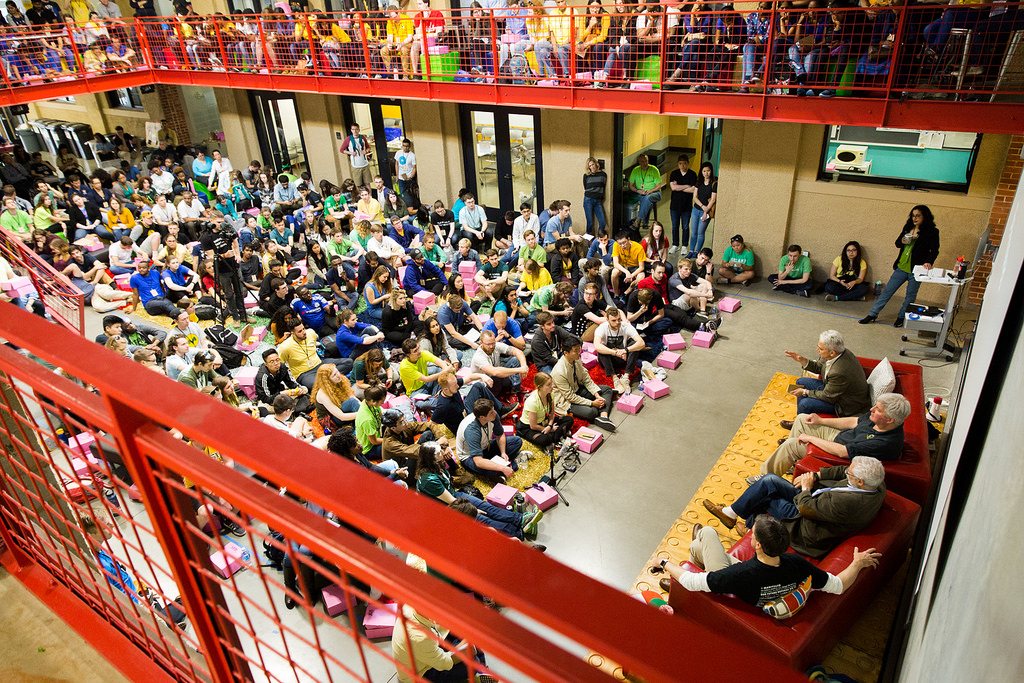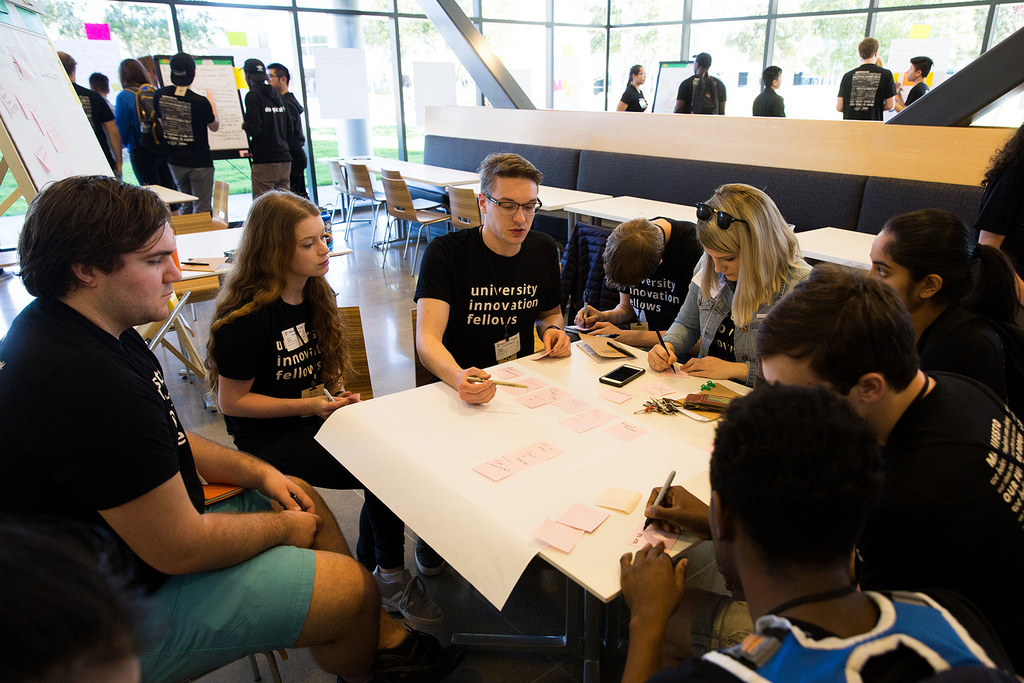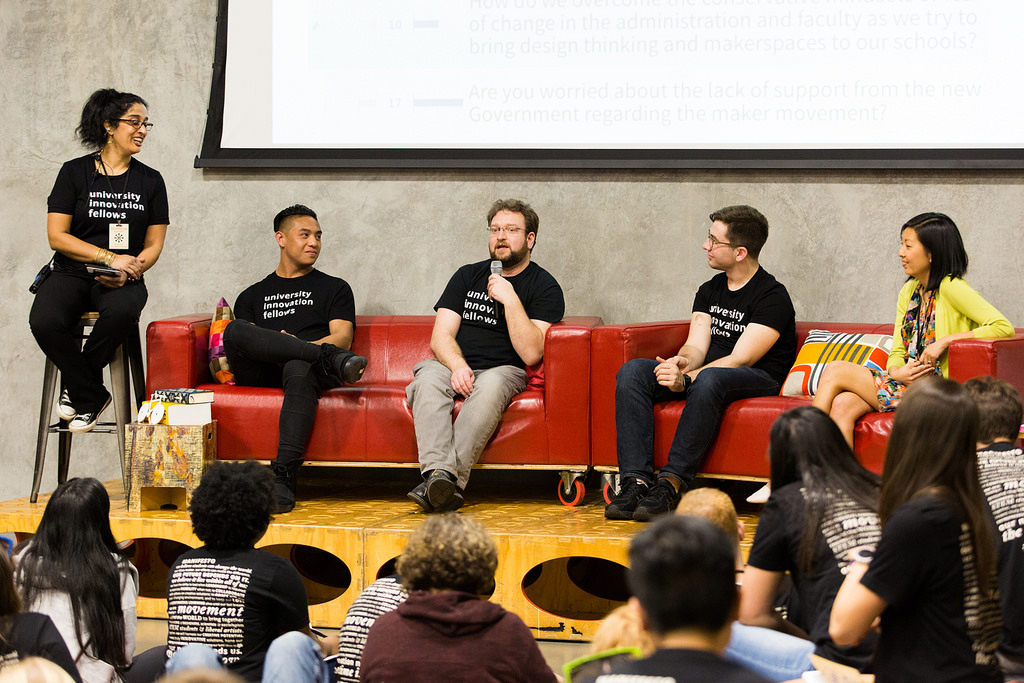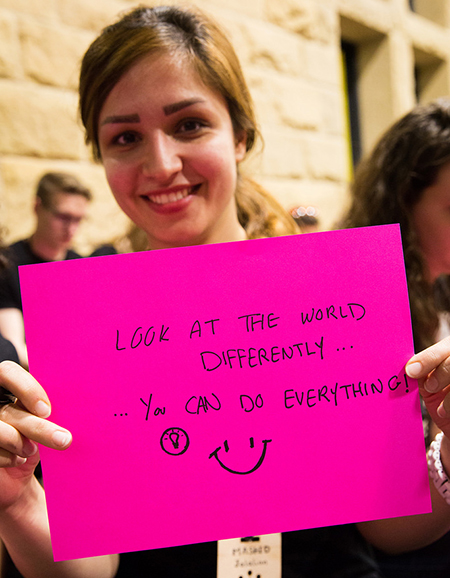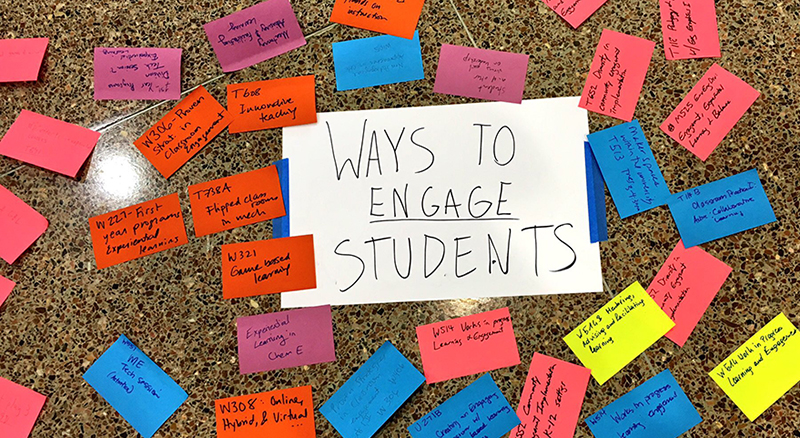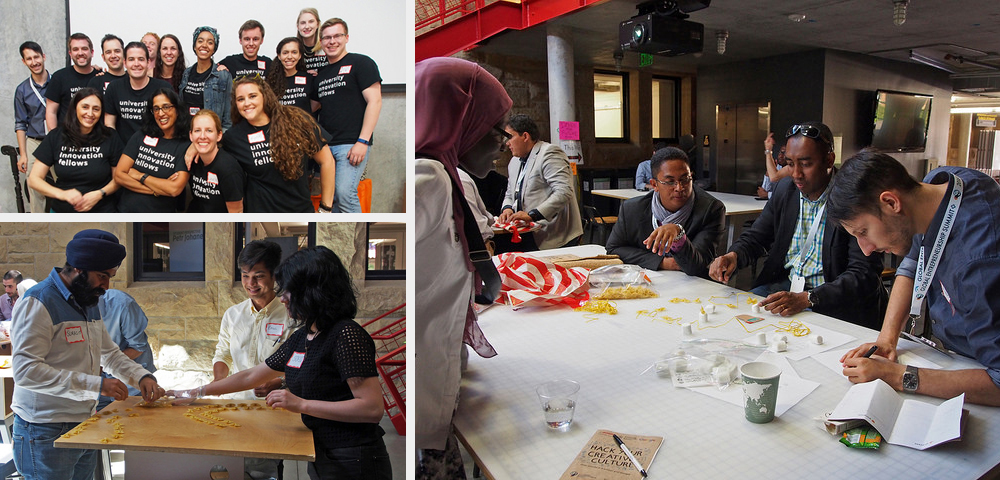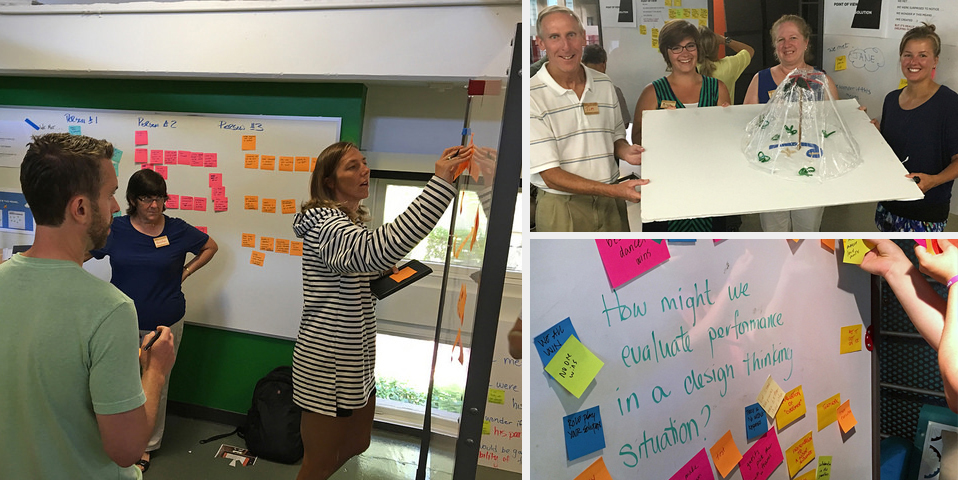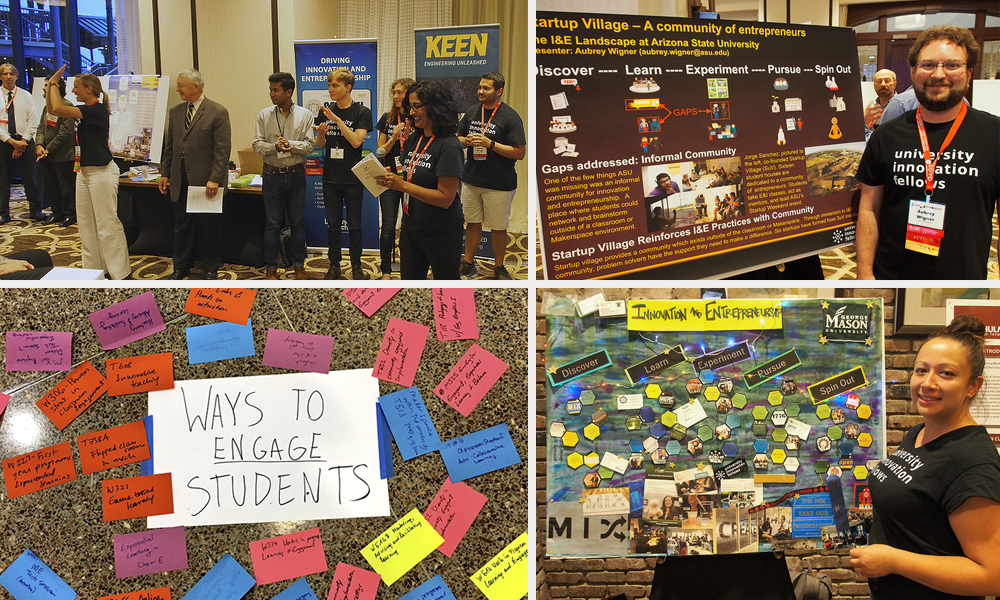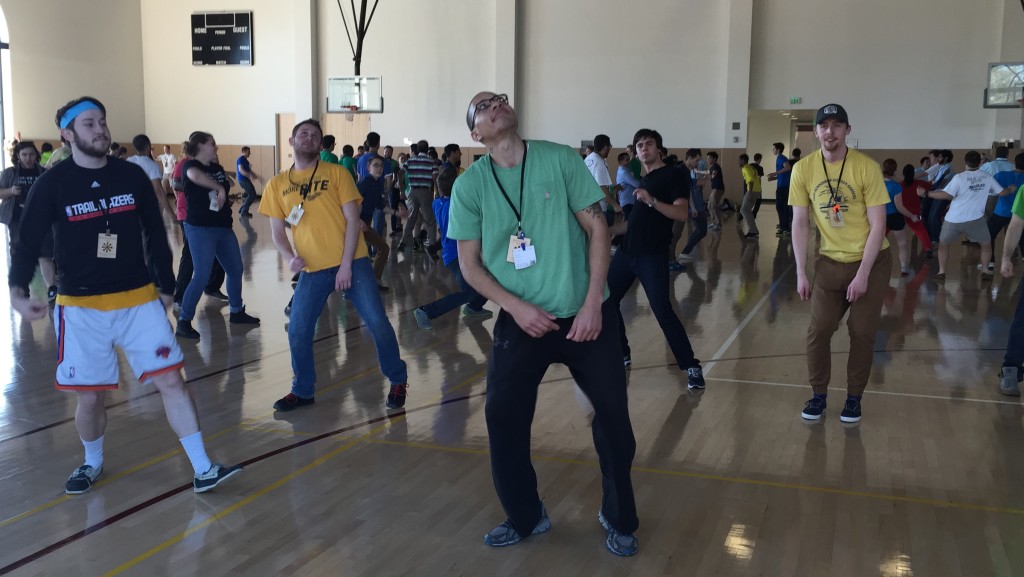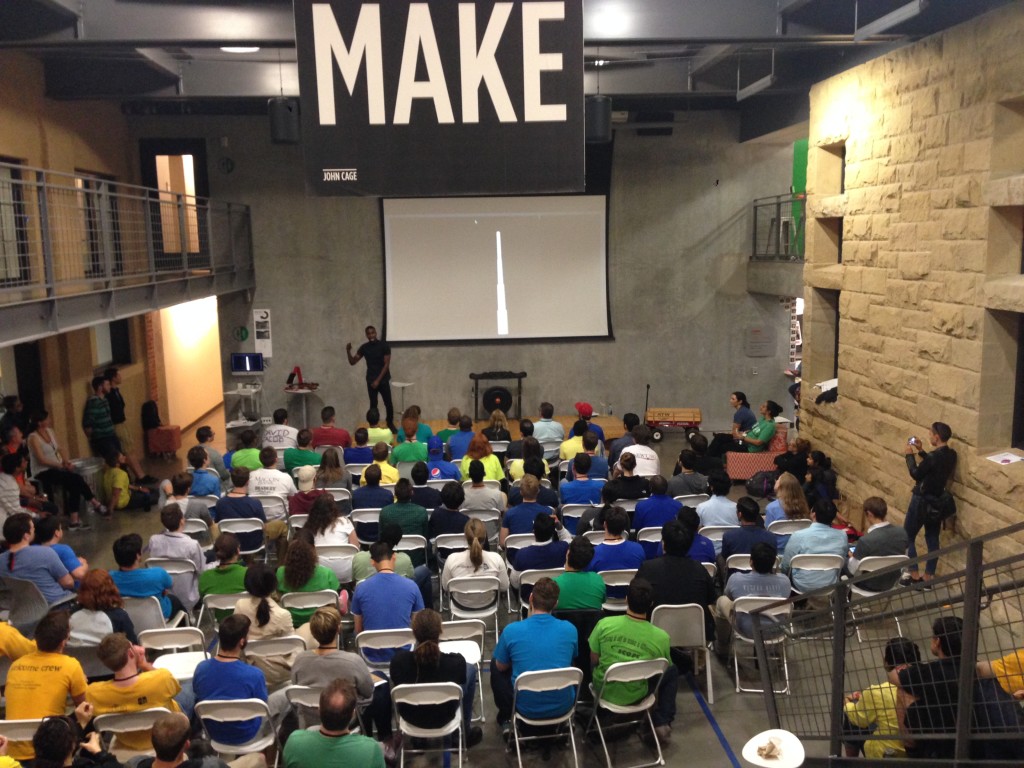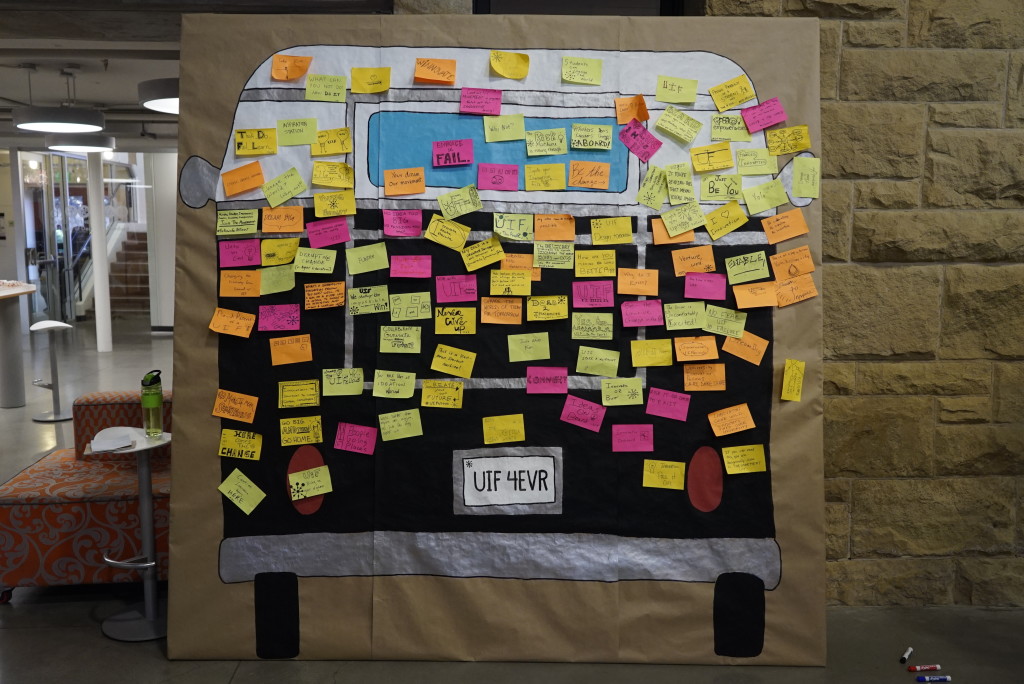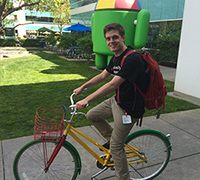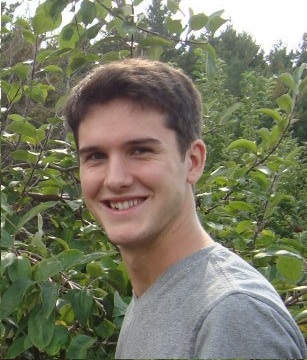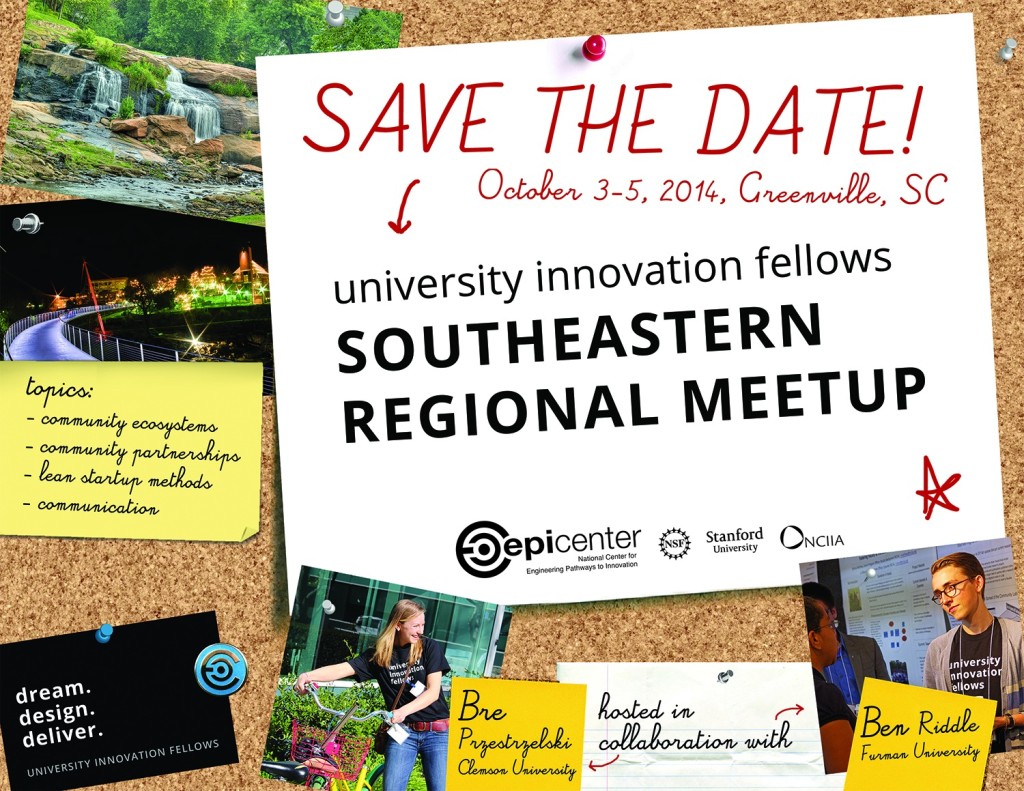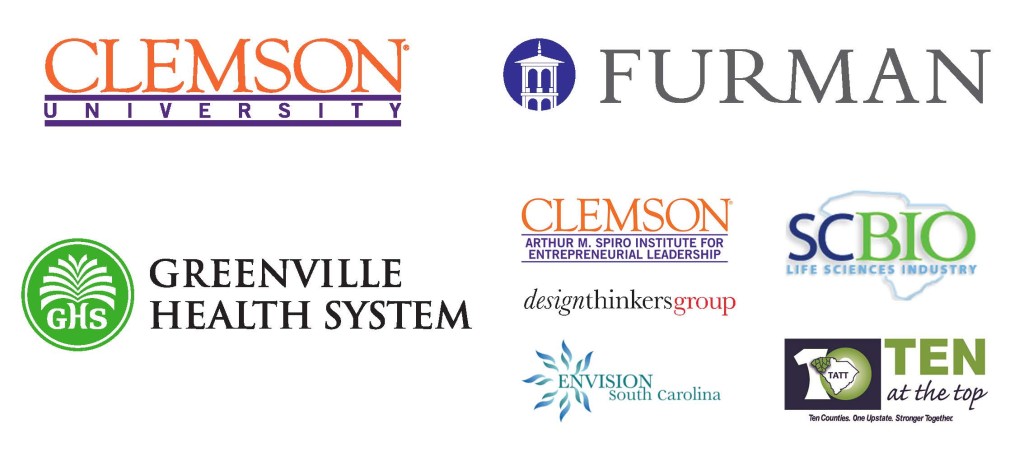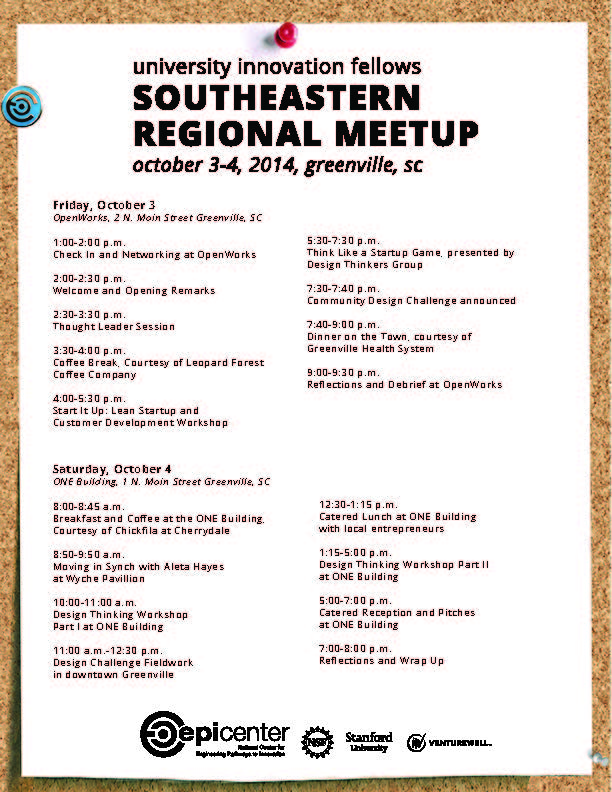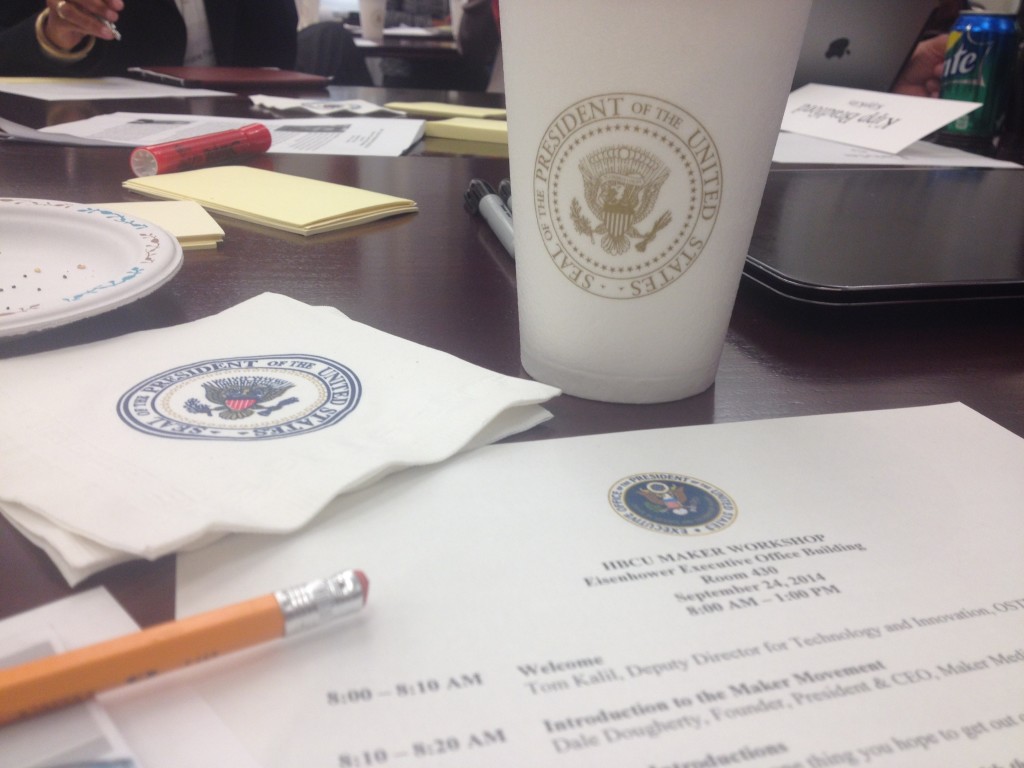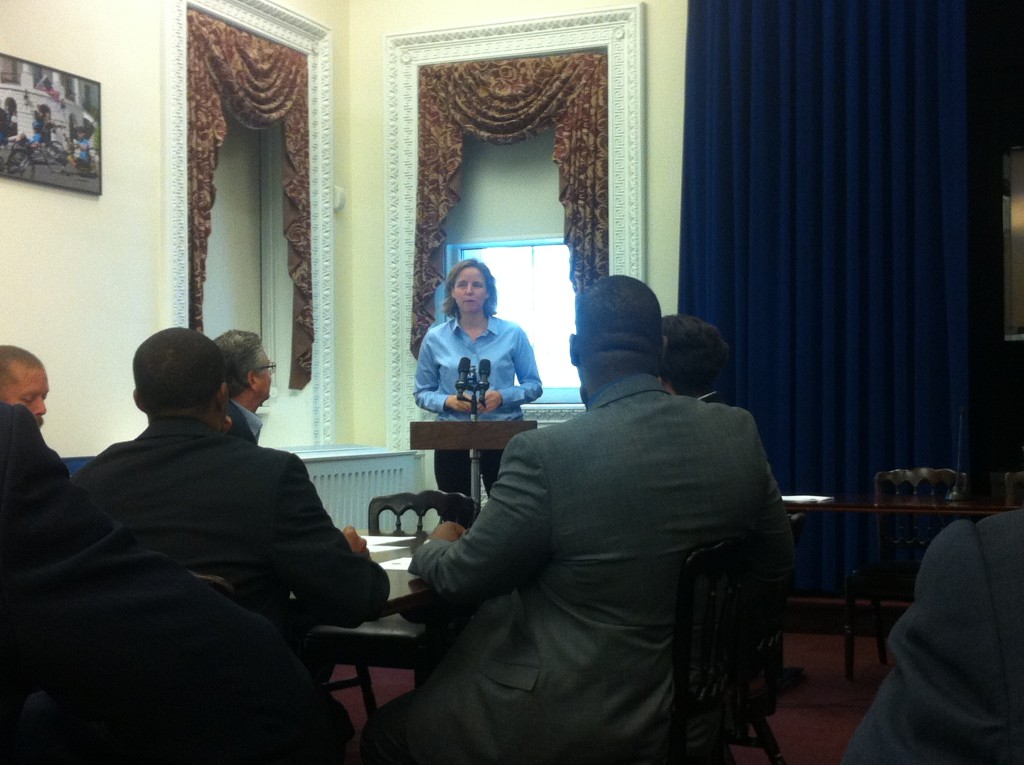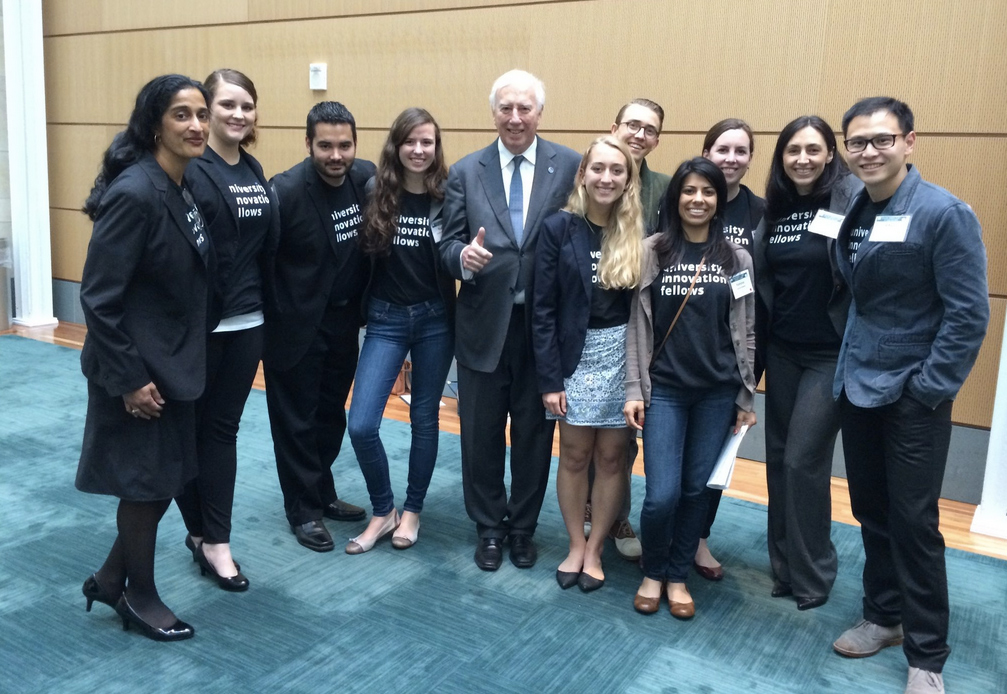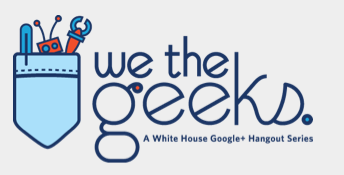Design as a Response to Crises
by Sedinam Worlanyo
Originally posted on Medium
Fight or flight. This theory first described by Walter Bradford Cannon sheds light on a physiological reaction that occurs “in response to a perceived harmful event, attack, or threat to survival.” Your body chooses to flee in a crisis or to stay and fight. When the coronavirus pandemic hit, our team chose a fight response.
Our University Innovation Fellows team chose to respond by immediately bringing together and leveraging the power of people to help shape and tackle issues related to the coronavirus threat. We launched a virtual accelerator program dubbed UIF vs Corona that took place between April 6 and April 18.
I interviewed participants in the weeks that followed to better understand their experiences, find out what they learned, and get an update on their projects. Below are the results of that research. We hope that this demonstrates the power and potential of virtual gatherings to work on big challenges.
A global kick-off event
This accelerator convened 200 University Innovation Fellows, Faculty Champions, and guests (we gave Fellows the chance to bring along a +1, a trusted collaborator). People came from several countries across the globe to brainstorm ideas and formed teams to explore 20 challenges, under four themes: “Fighting the Disease,” “Reactivating the Economy,” “Protecting the most vulnerable” and “Reimagining Education.”
Participants were driven by various motivations to be a part of UIF vs Corona. E, a prospective Fellow from University of Nebraska at Omaha described her motivation as, “I really kind of felt lost. And so what this offered me was a chance to give back to others and make a solution for others that weren’t and aren’t as lucky as I am in this situation and so I think it really just sparked something to kind of feel a sense of purpose during these weird times.”
This sense of purpose was felt by our team who kicked off the accelerator with a “Community Roulette” where people got to learn more about one another. In the 24 hours following the kickoff, about 150 participants signed up to continue working on the challenges, and 29 teams were formed.

Exploring the challenges
During the week of April 6–10, participants explored their respective problem spaces deeply through question storming, reframing and remote needfinding. Teams had the support of dedicated coaches and on-demand advisors — for process/design thinking, team dynamics, storytelling, and technologies for collaboration.
There were also spotlight presentations and workshops that ranged from topics of innovation to business models; as well as first-hand accounts from emergency room doctors and business owners. These spotlights were live and recorded for asynchronous access throughout the two weeks and beyond.
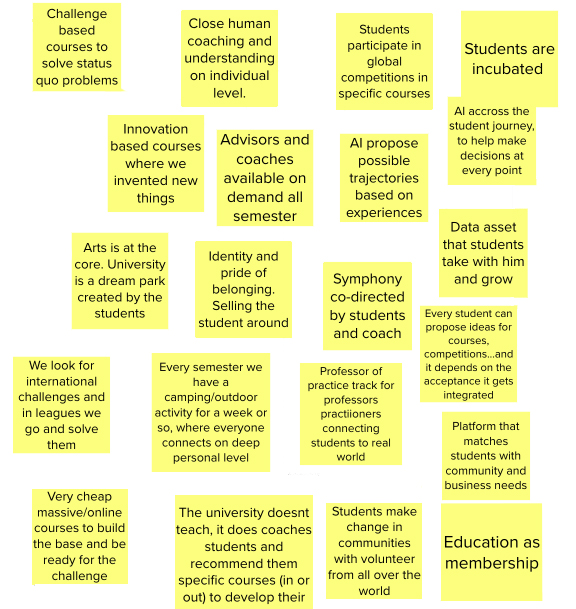
Final projects
The accelerator ended with a Community Share Out on Saturday April 18, where teams got feedback from peers and collaborators. Teams presented solutions that ranged from reactivating the economy for small business enterprises to helping teachers transition online to identifying asymptomatic carriers of COVID-19. Some of these teams are still working on their solutions today.
All in all, the virtual accelerator was not only a catalyst for change but also provided a ripple effect in the impact it created beyond the accelerator. This was evident from Joe Samosky, a mentor for one of the teams and Professor of Bioengineering at University of Pittsburgh.
“The idea that, you know, the d.school is going to say, yeah, we have this worldwide UIF program and in our very first session, we’re going to have like 170 people on and we’re going to do breakout rooms. I mean, if it works, it’s great. If it fails, you know, we’ll figure out a way. I definitely took inspiration from that.”
Through UIF vs Corona, seeds of changemaking were planted, cross-cultural connections emerged, and we were reminded about the power of teams united by a common purpose. Like Ryan Middleton, an advisor and instructor at the Blue Horizons, Air University, who said that he believes that UIF vs Corona was “worth the risk” of trying something new in unsettling times.
“What you saw was someone who said, I’m going to take action. And I don’t know how it’s going to turn out but it’s the right thing to do and it’s who we are as an organization. And look at how many people showed up.”
It doesn’t need to be said that crises such as the pandemic provide significant challenges to all aspects of our lives. But as educators, they also force us to engage with our students in new ways that may be beneficial to higher education in the long term. Learning experiences such as our virtual accelerator help give community members a chance to apply their skills to real-world problem solving.
Note: If you’re considering hosting your own virtual accelerator or conference, here are some resources (linked in the titles) we created that might be helpful.
UIF vs Corona: What You Need to Know Guide
This document was shared with all participants as an early primer as well as a resource throughout the event. It was kept up to date with new content and links to resources as they became available.
Video playlist of team projects
We asked participant teams to make short videos detailing their projects. In the process of figuring out how to tell their story, this exercise helps teams to clarify any existing issues or questions with their project.





